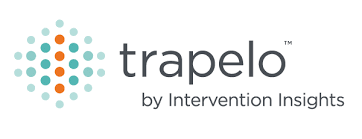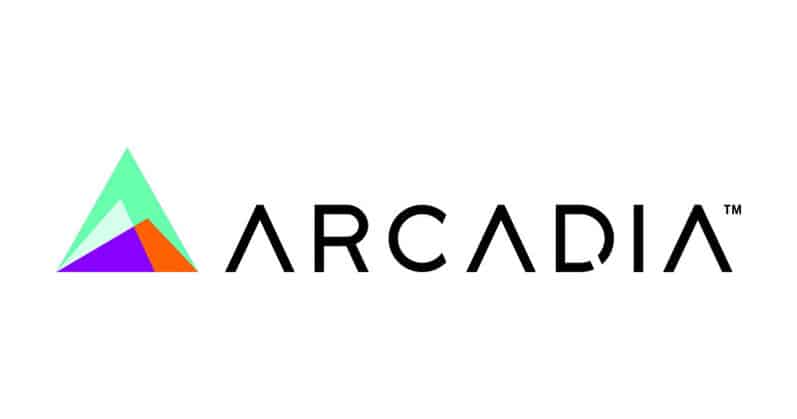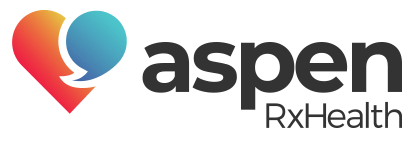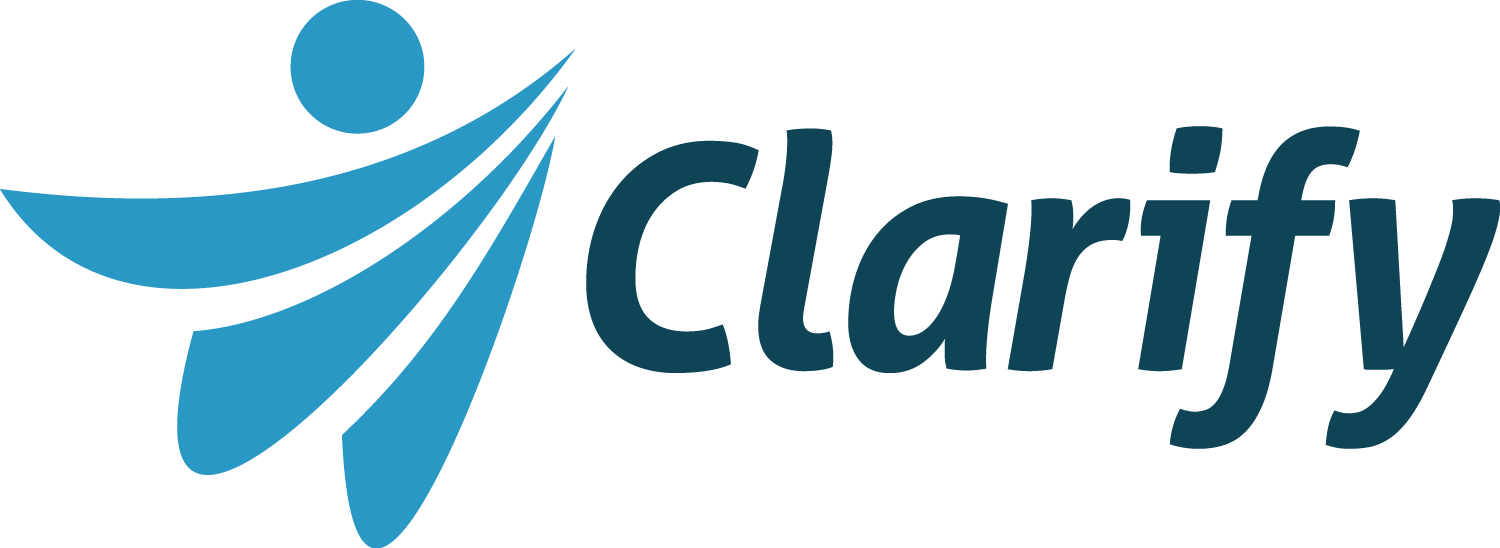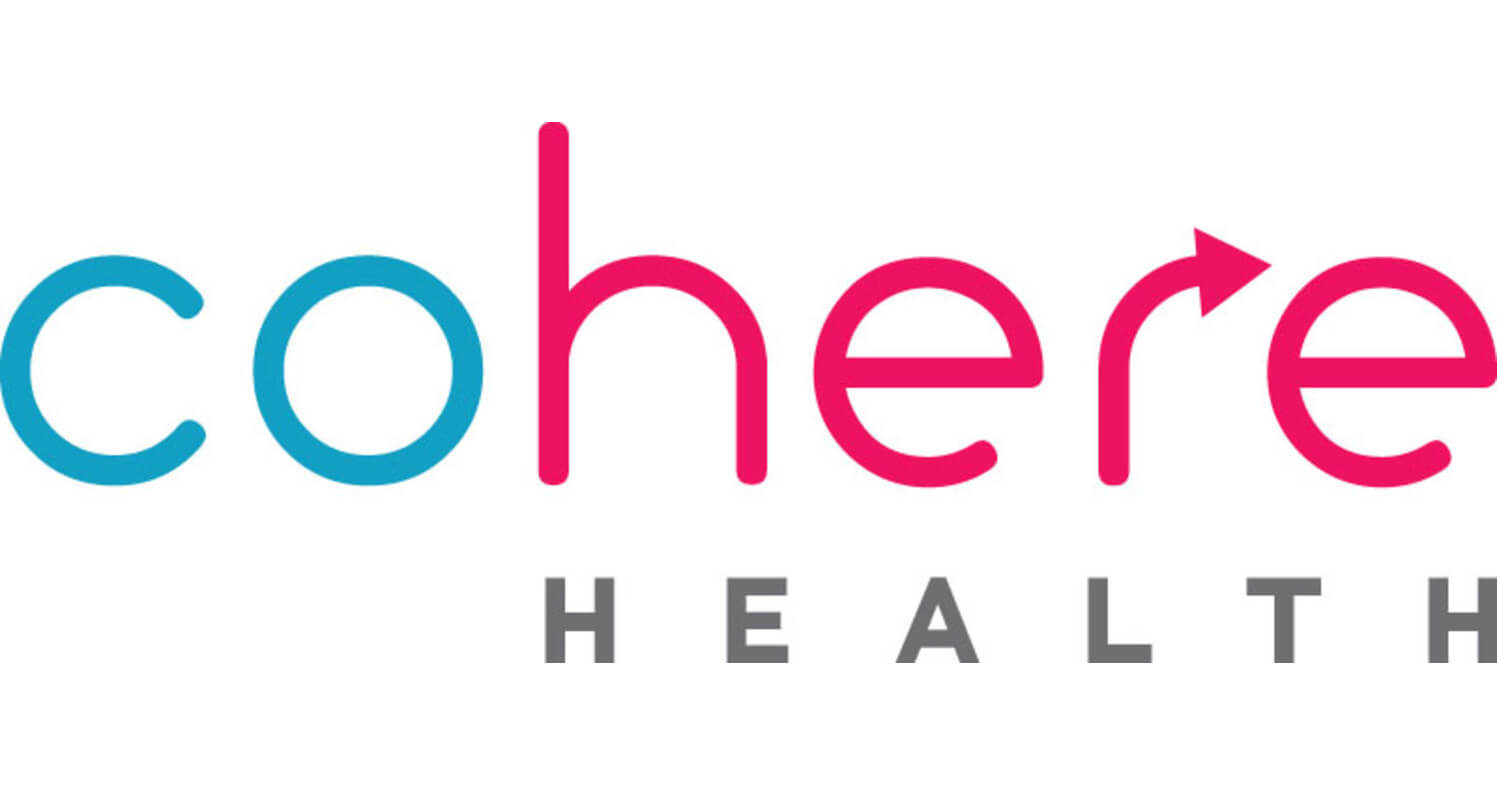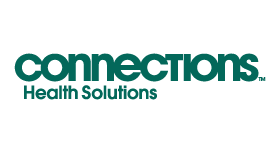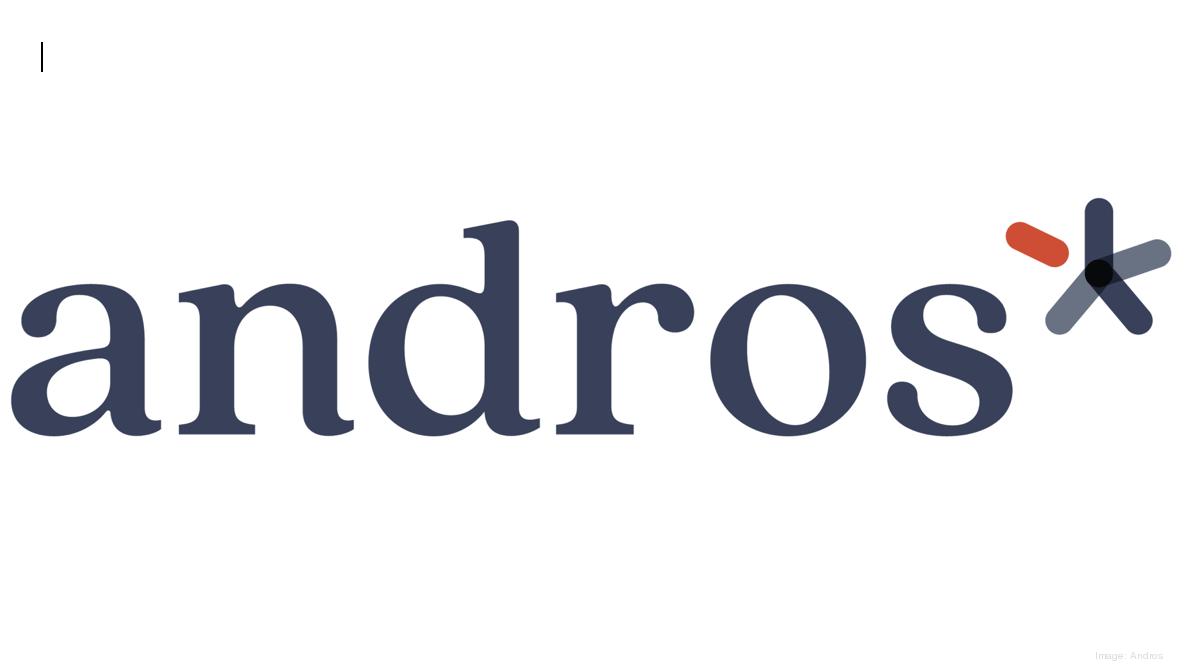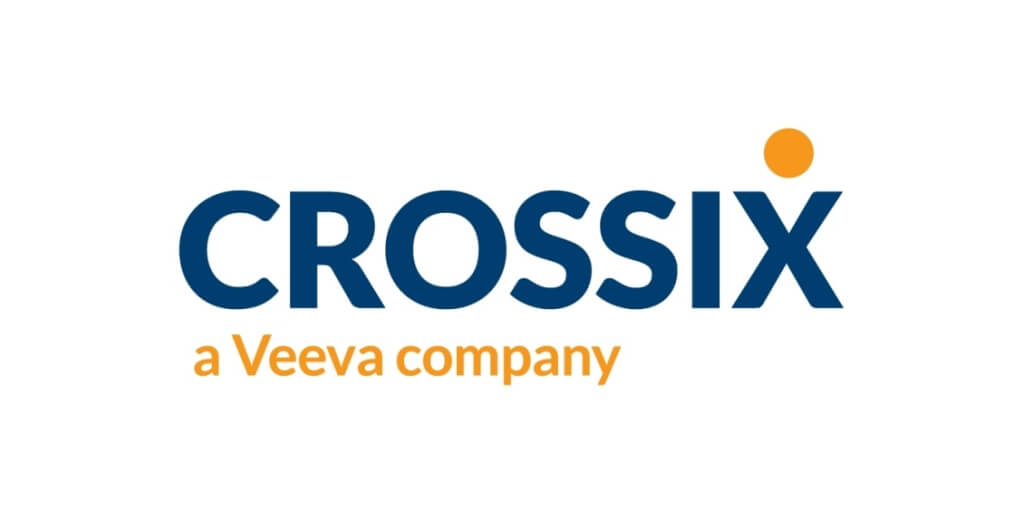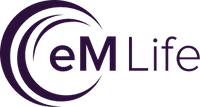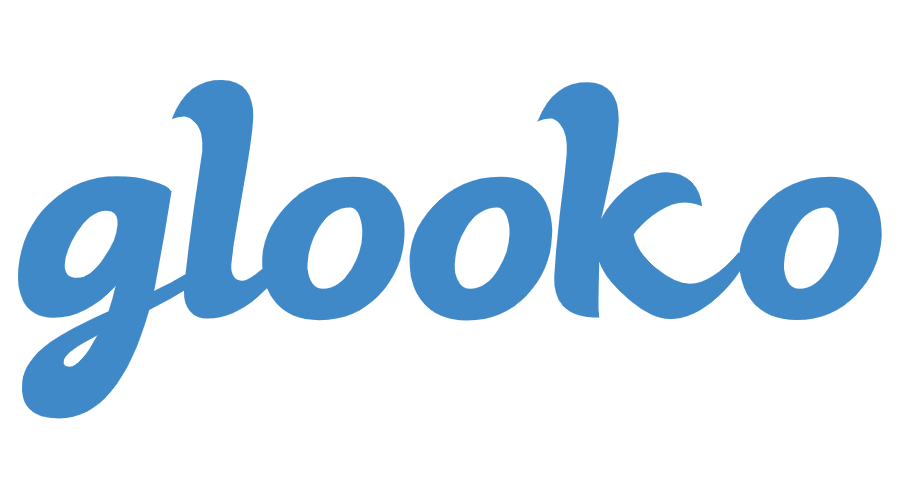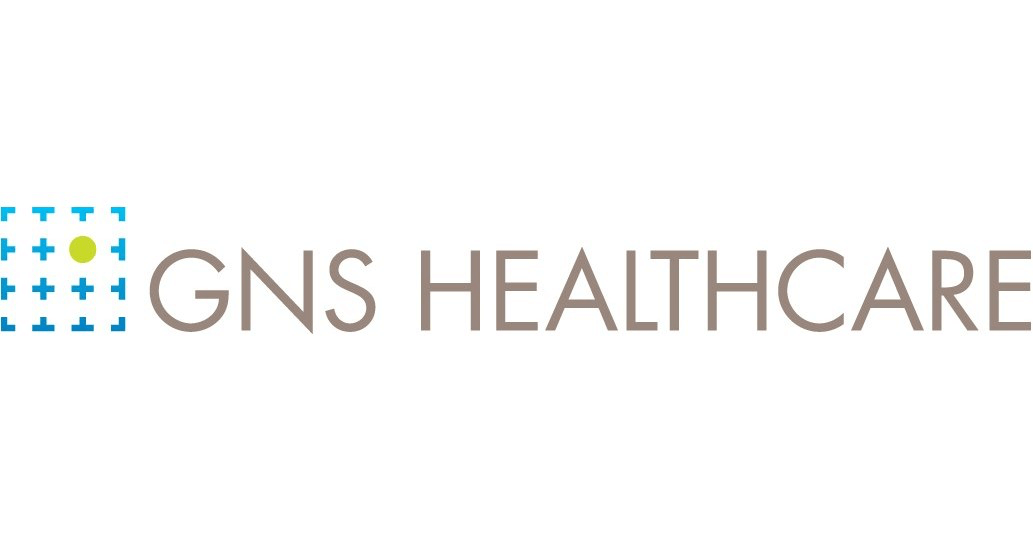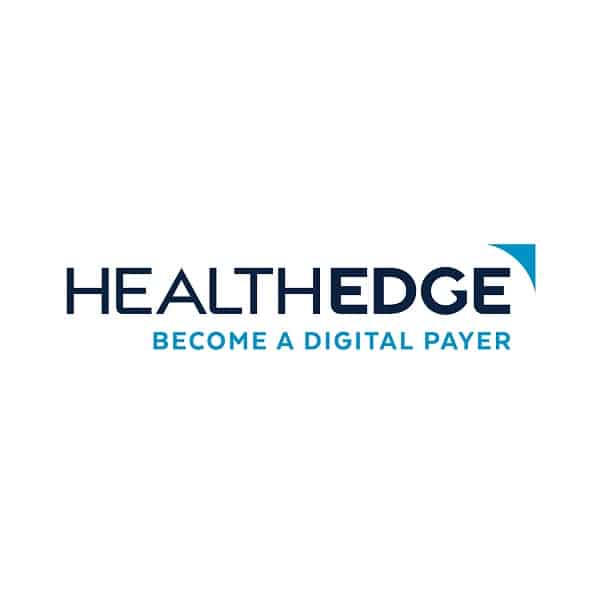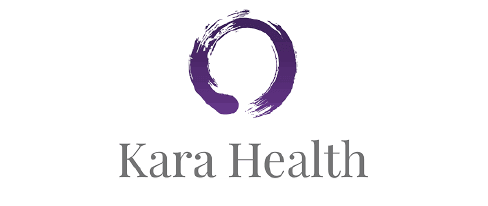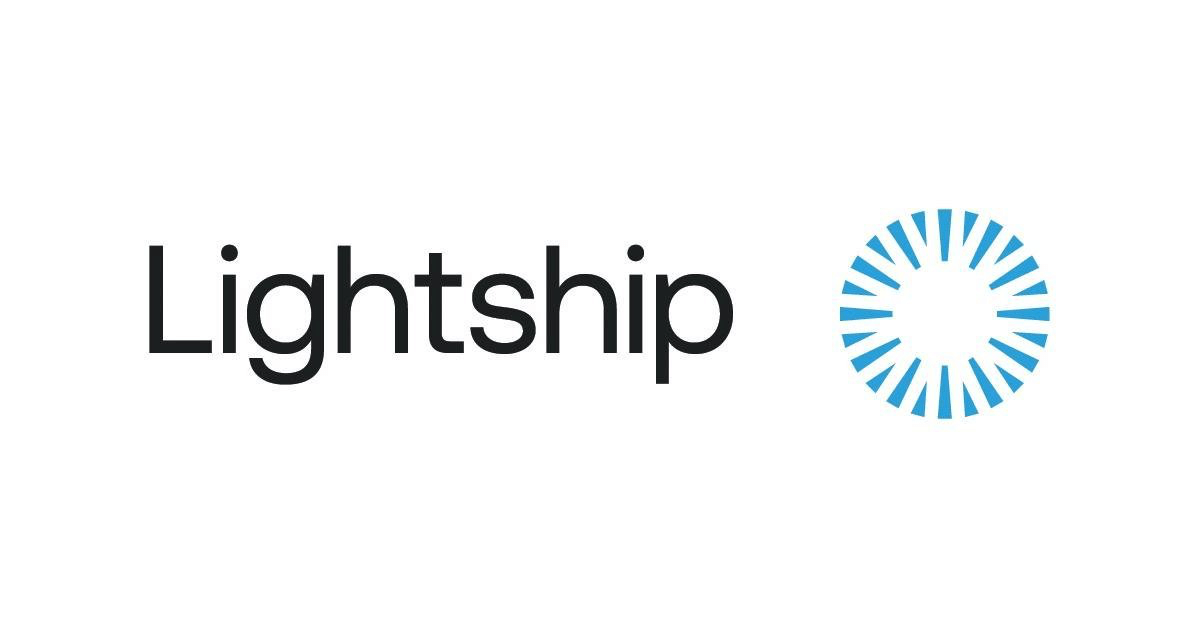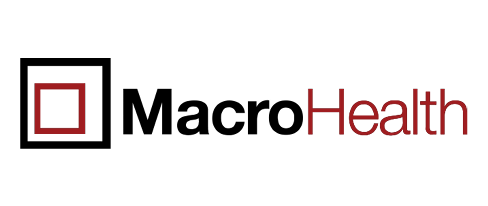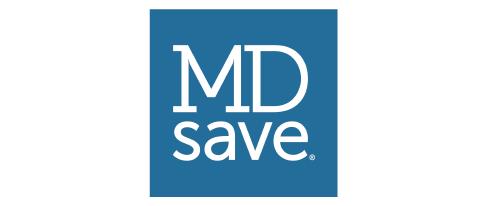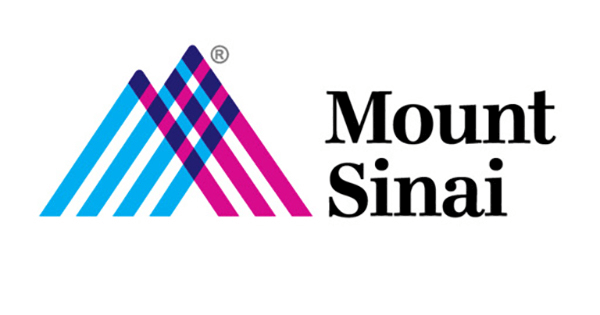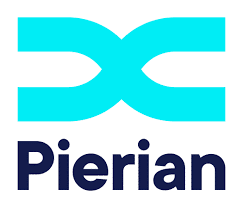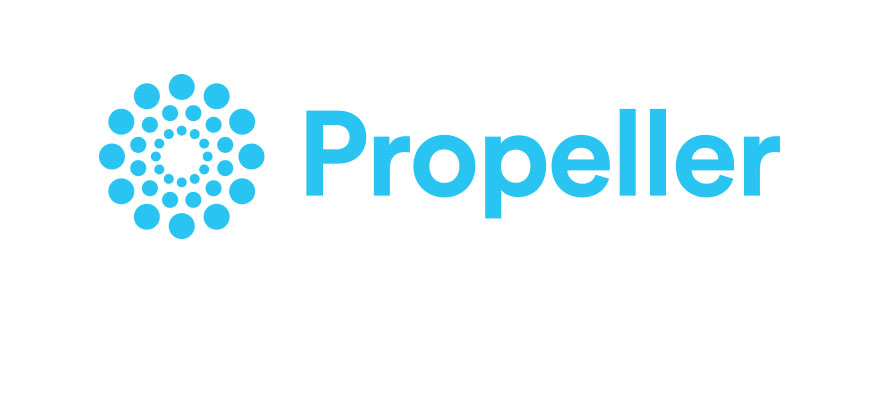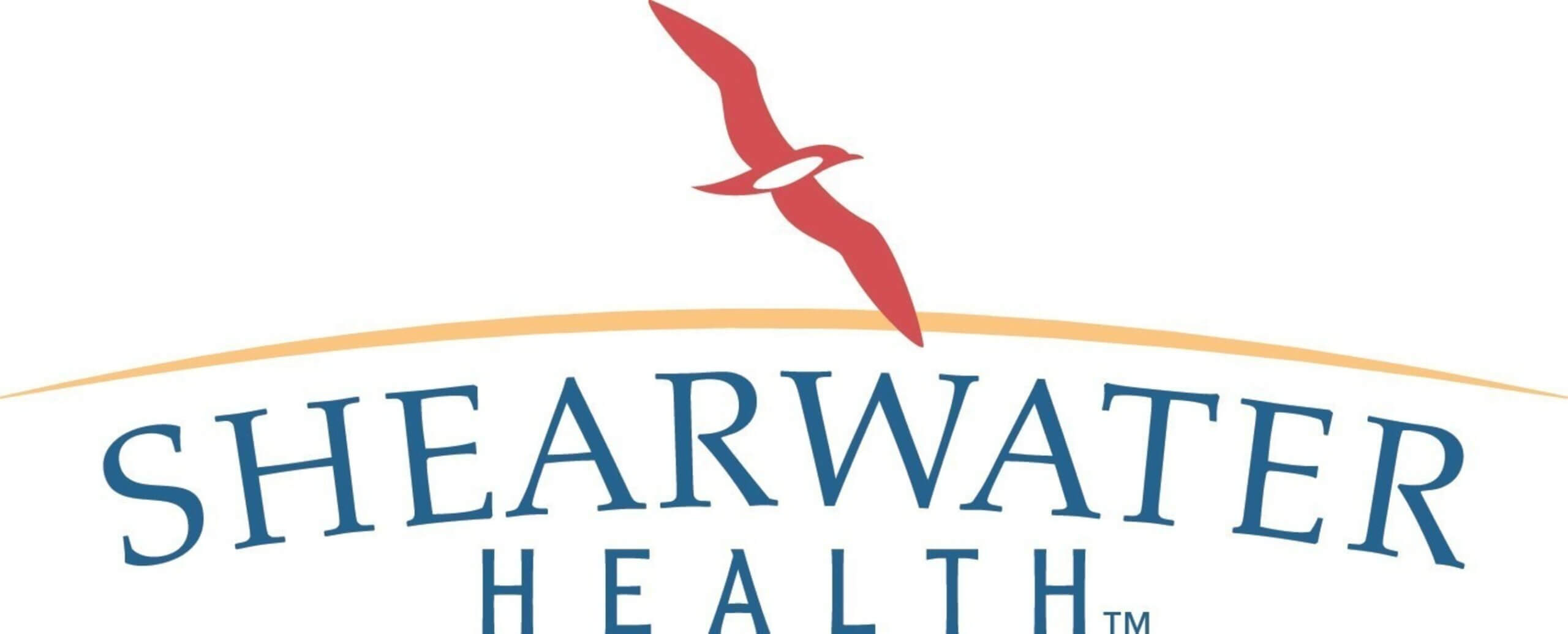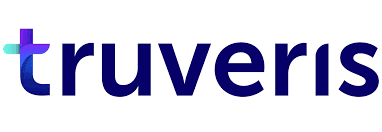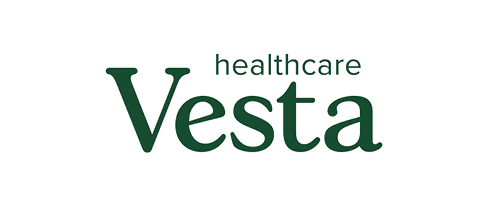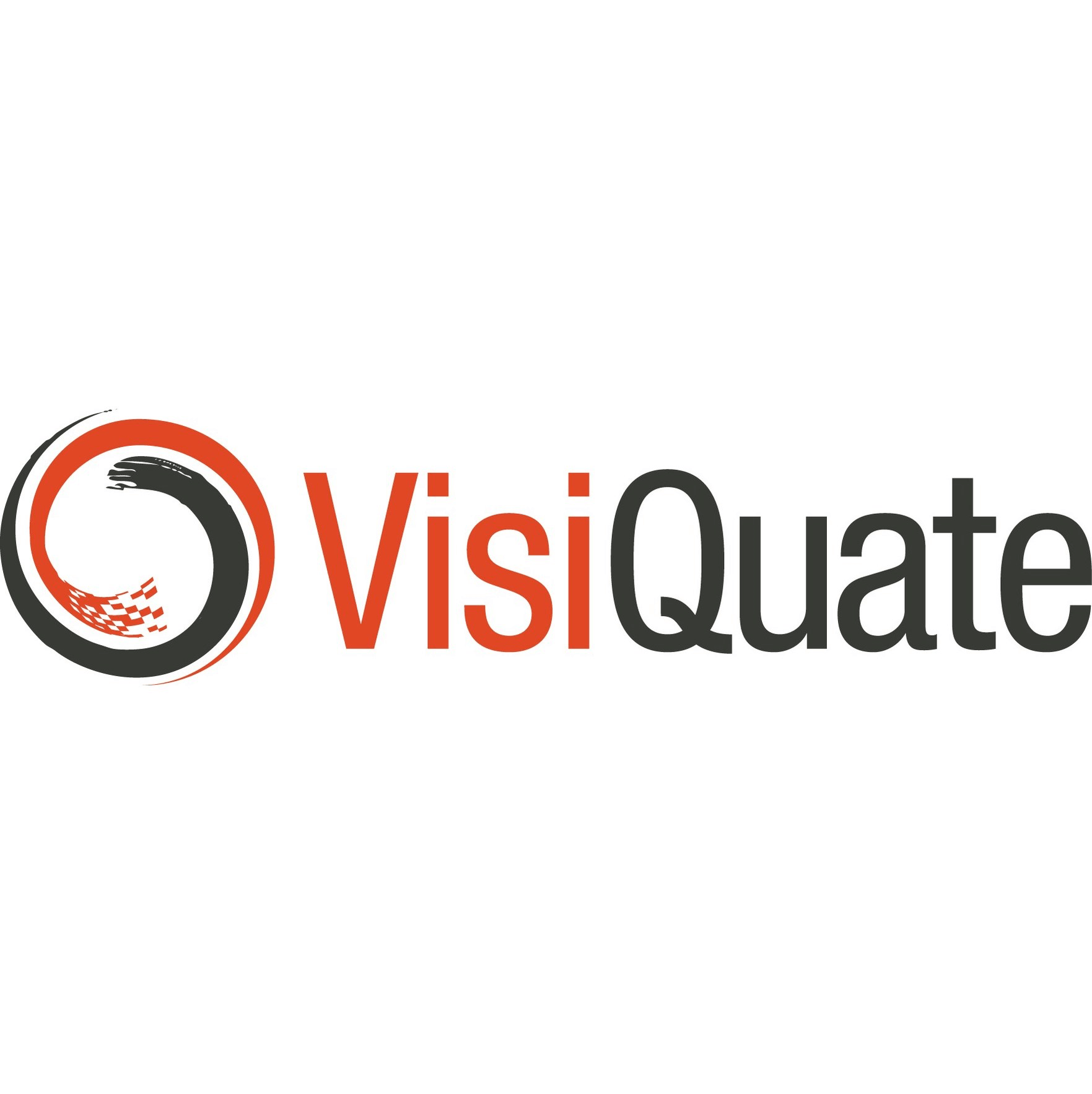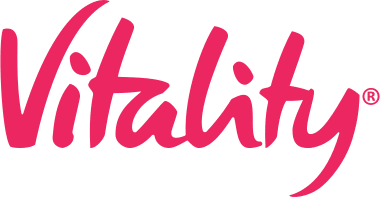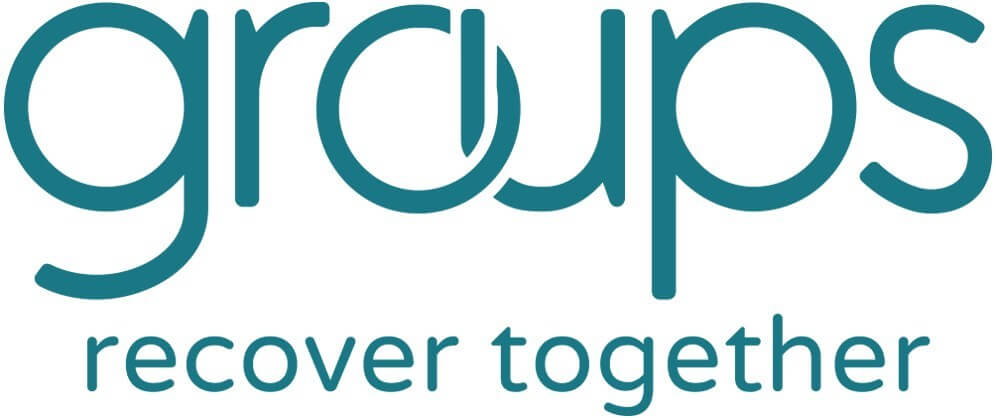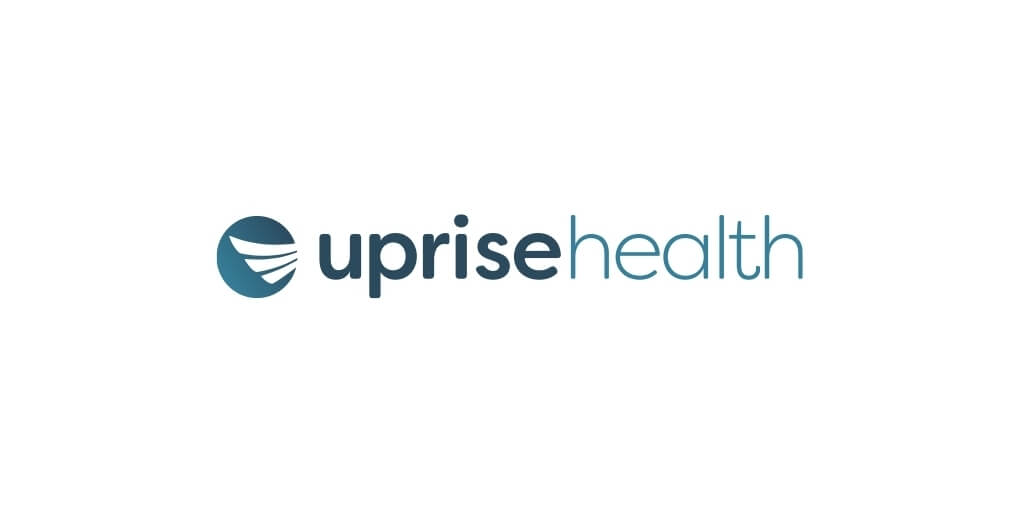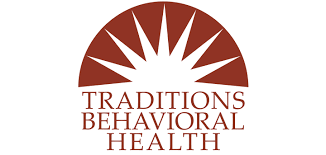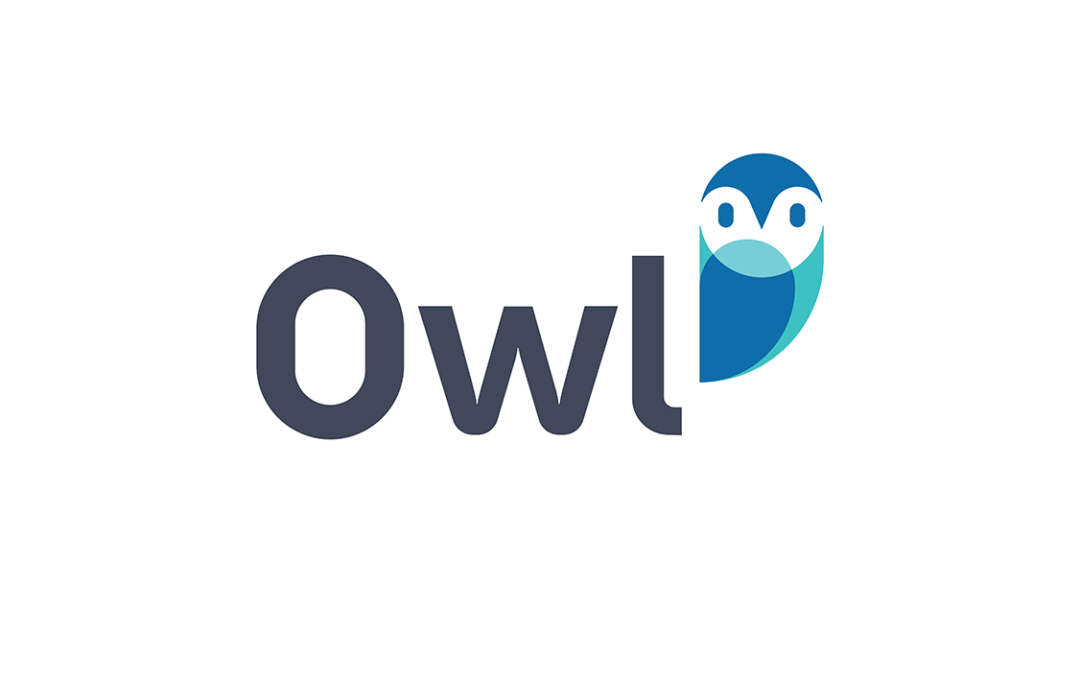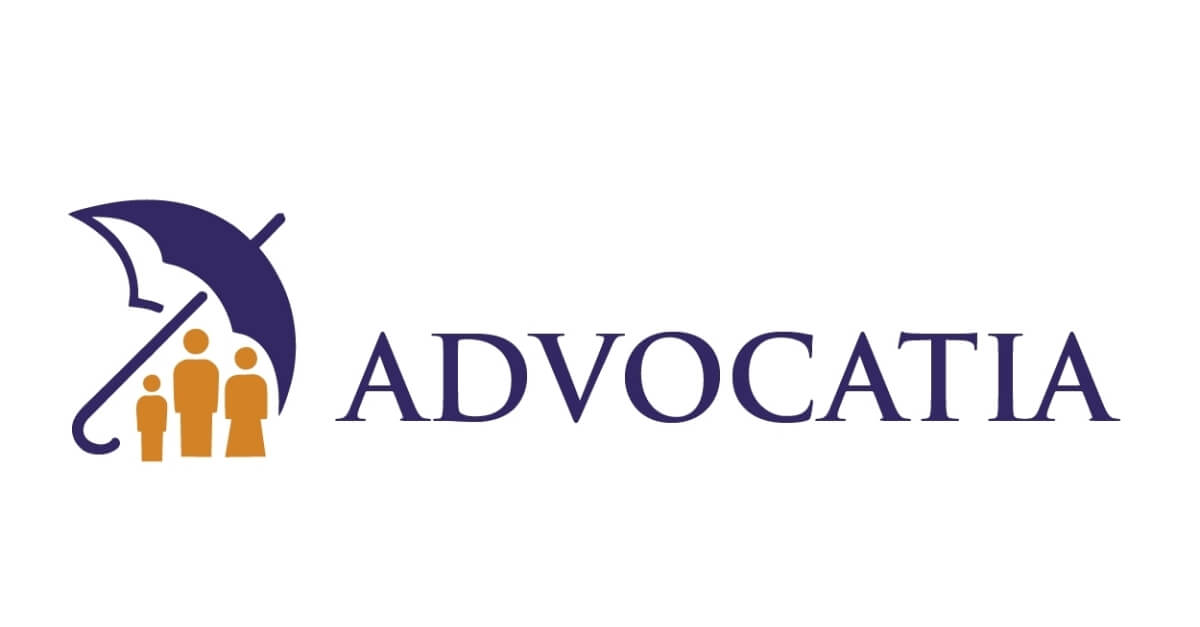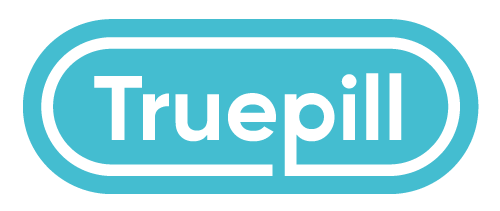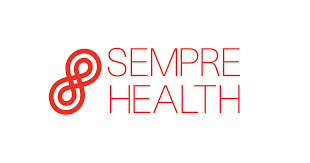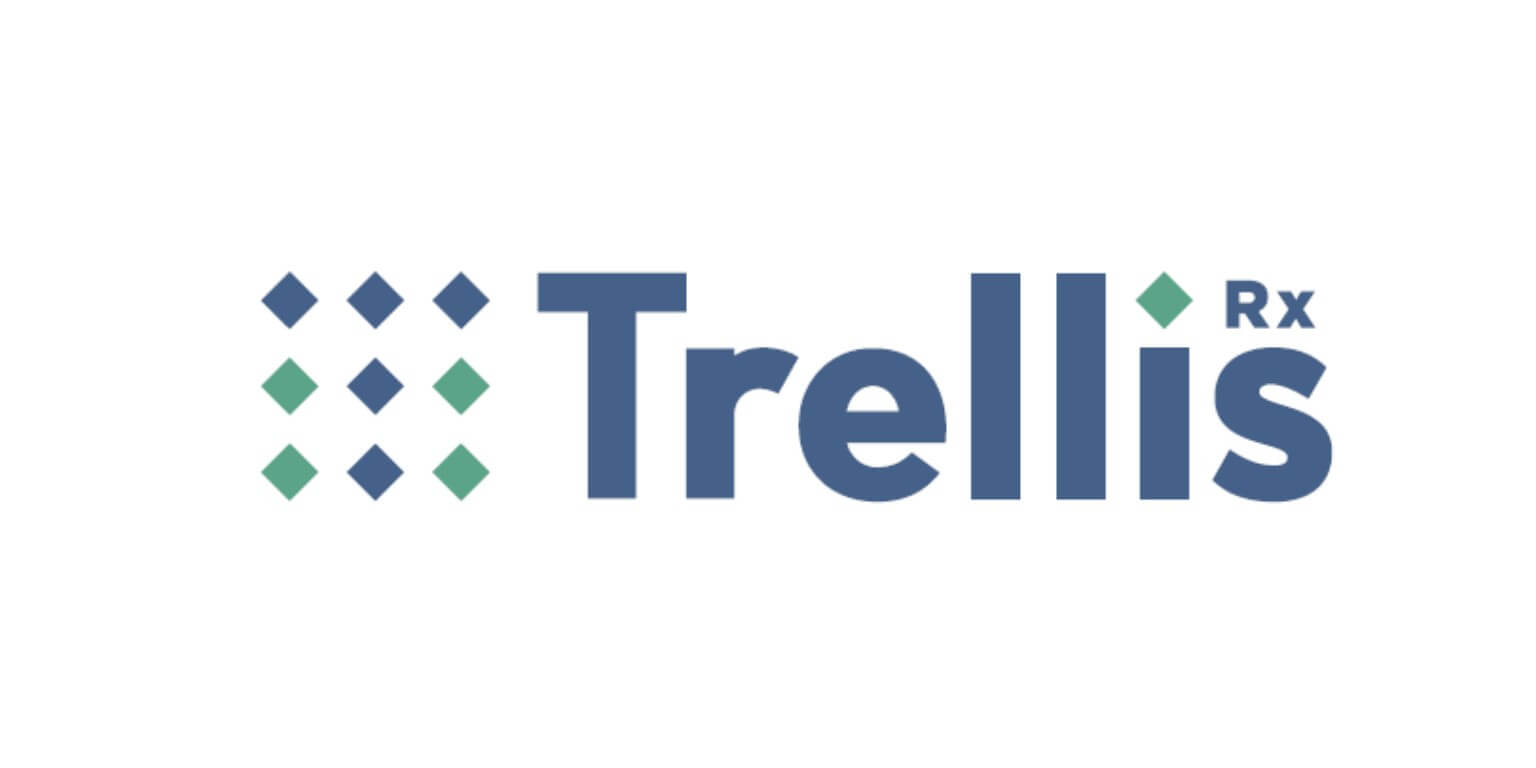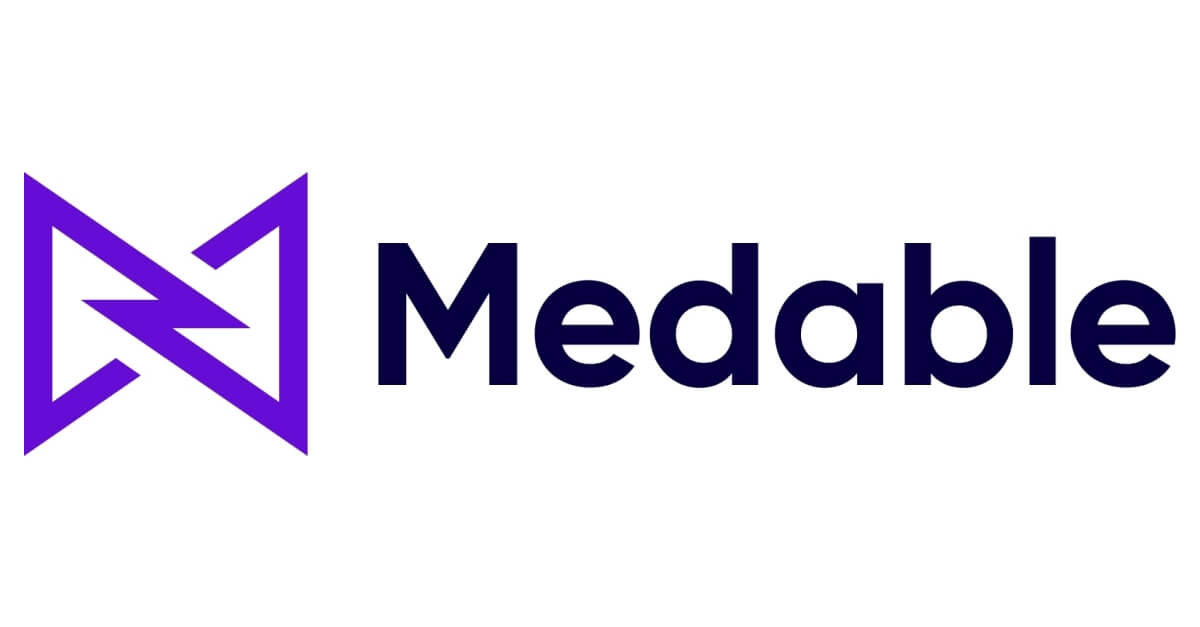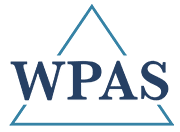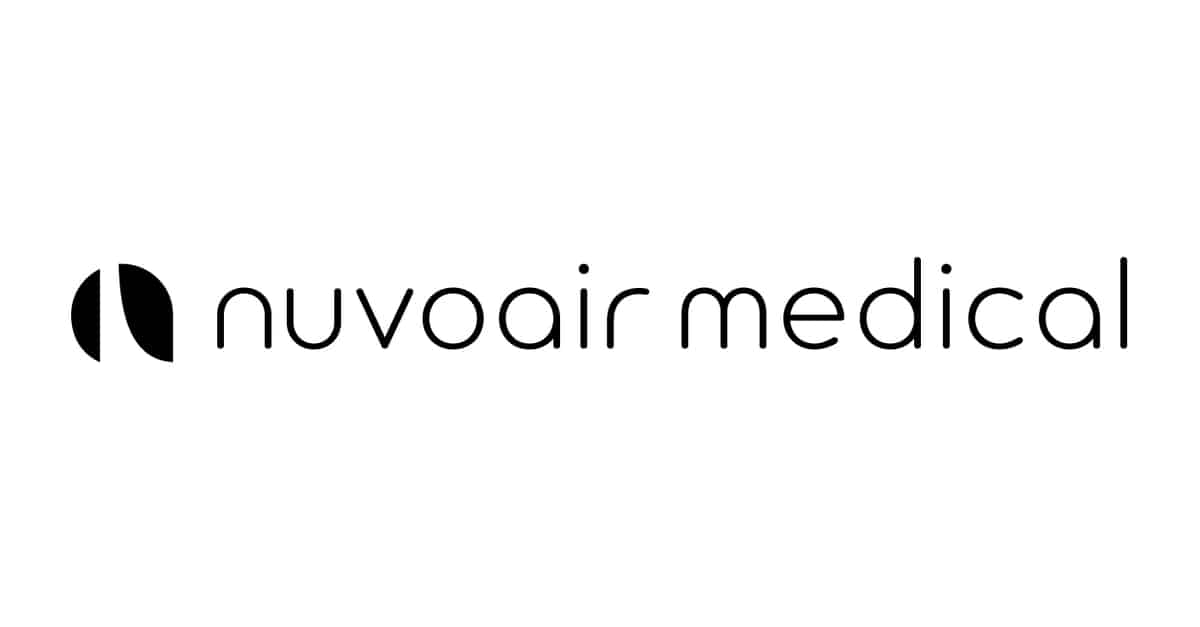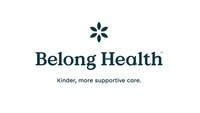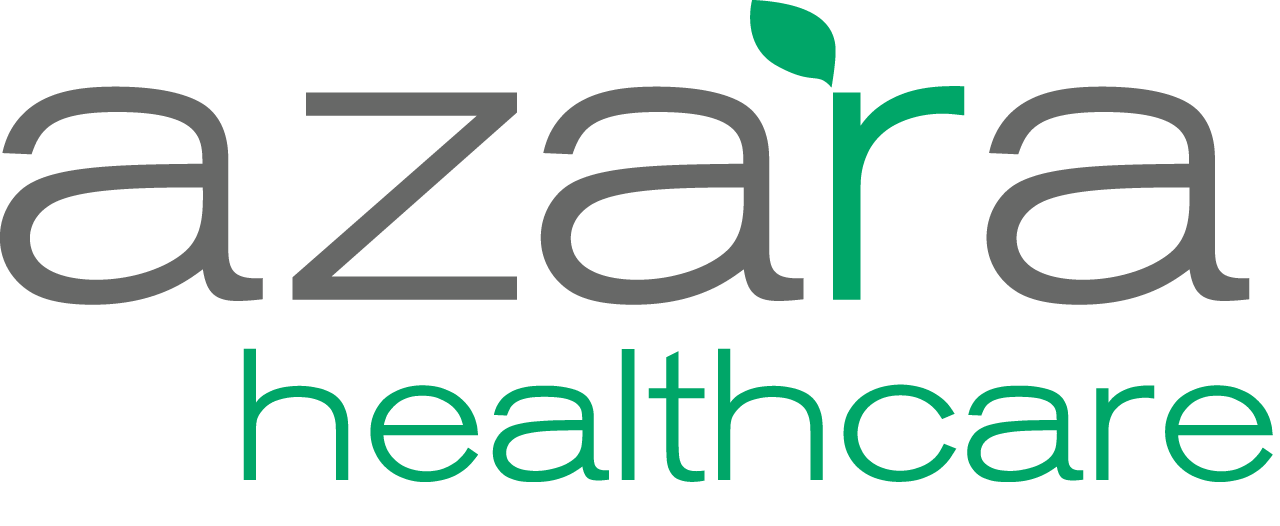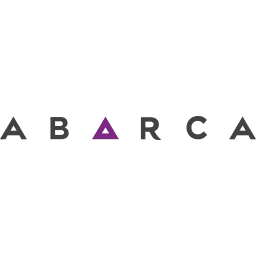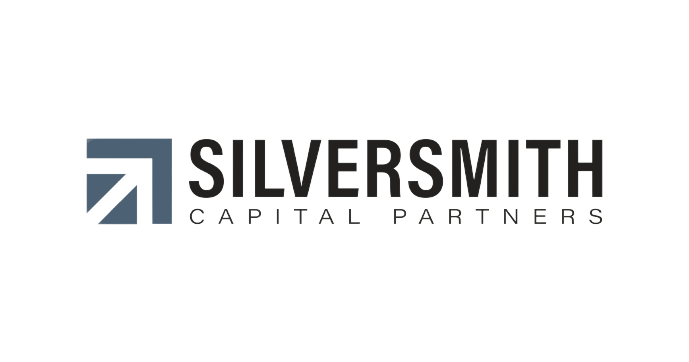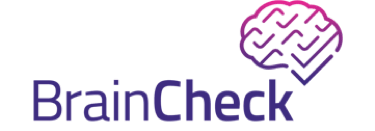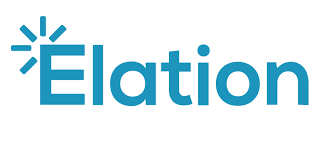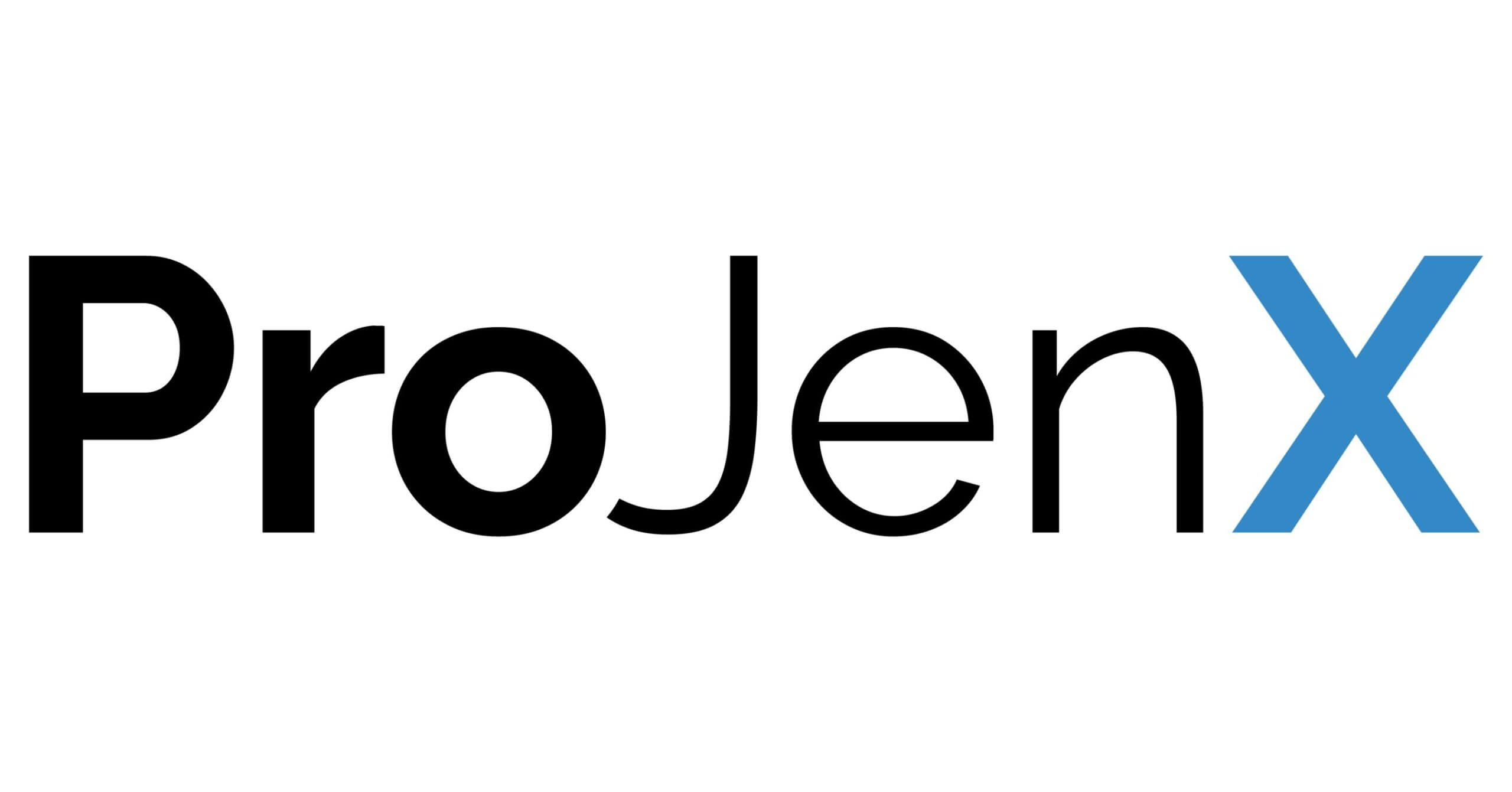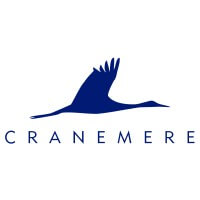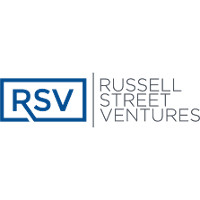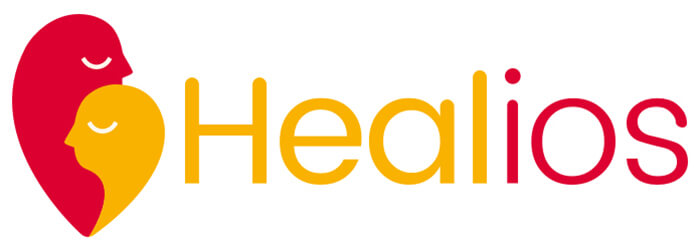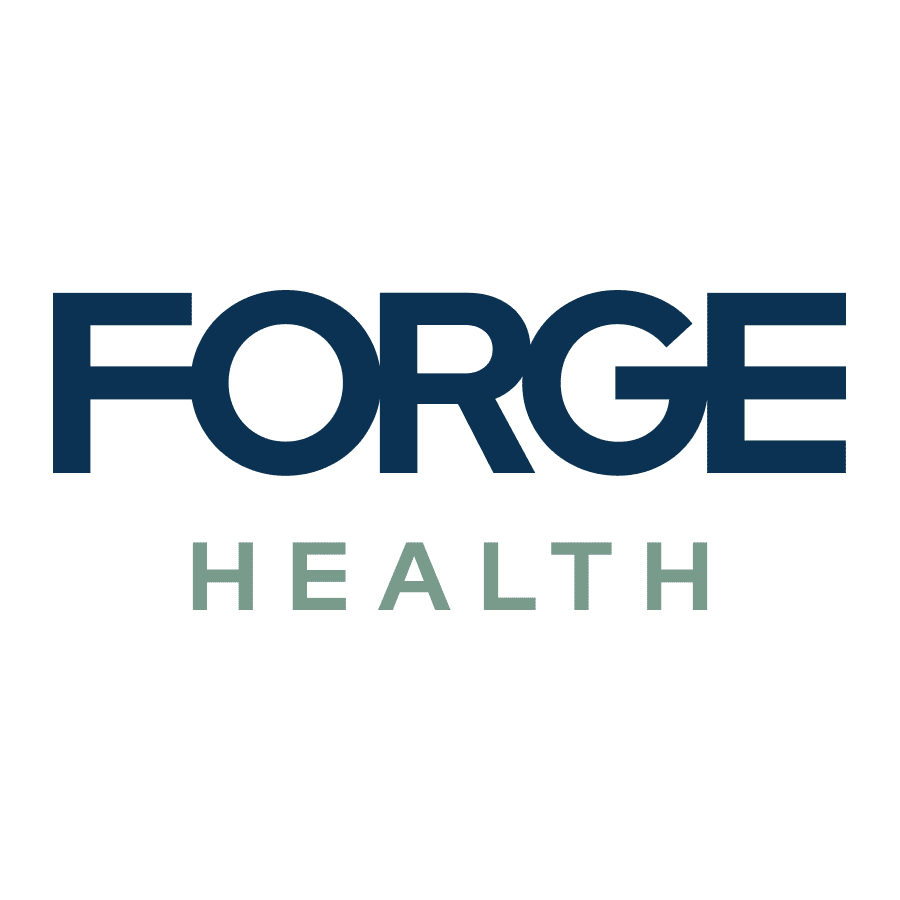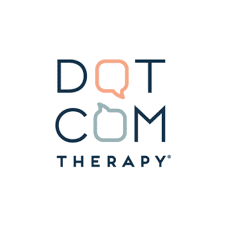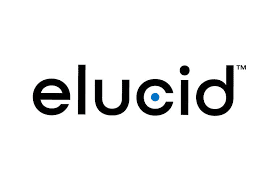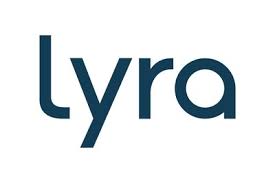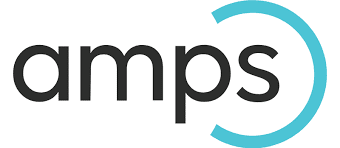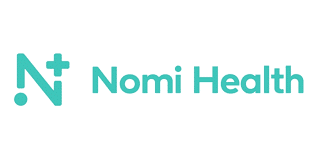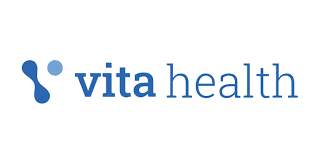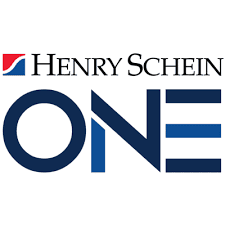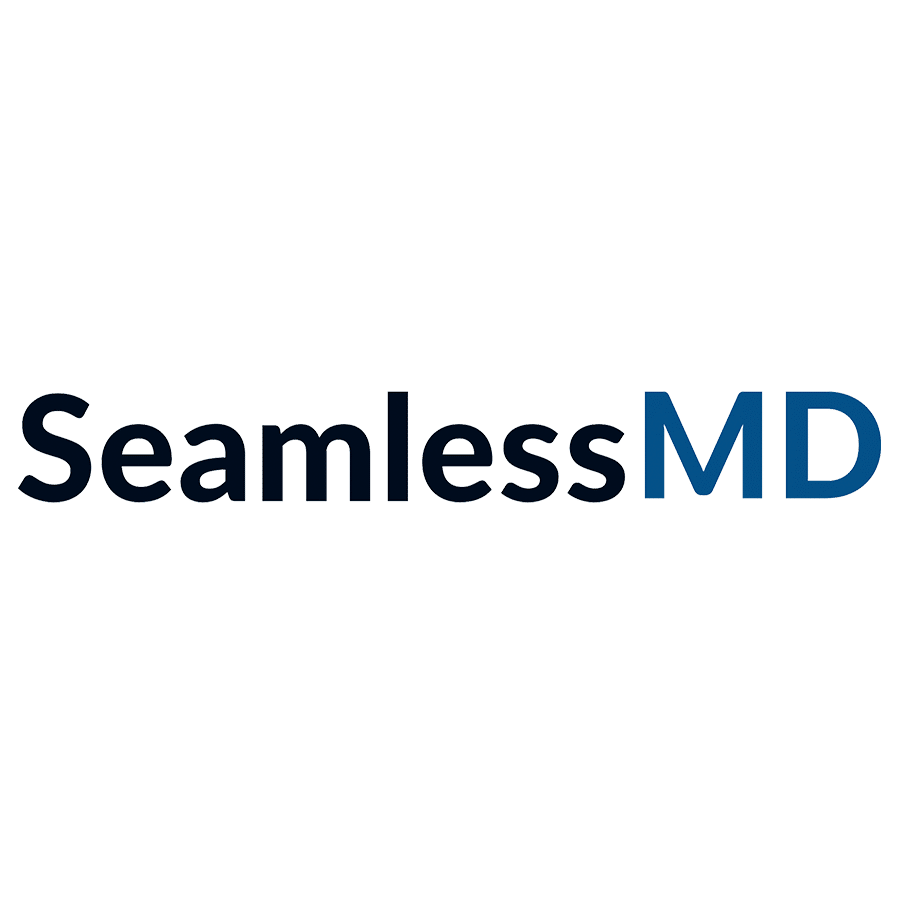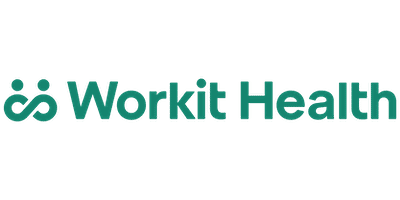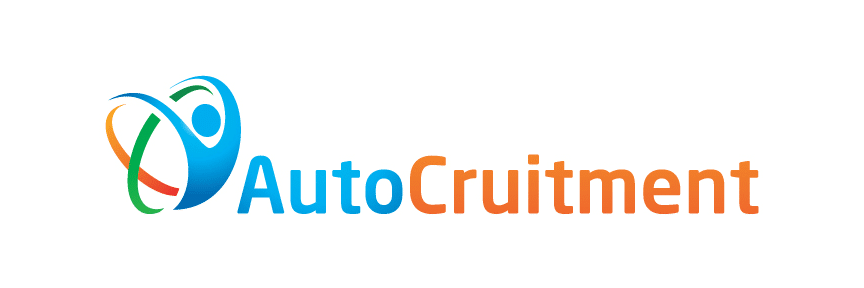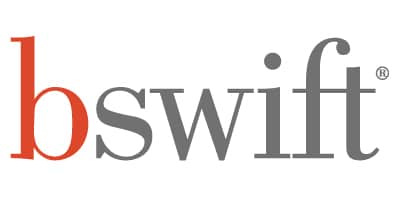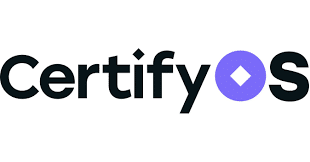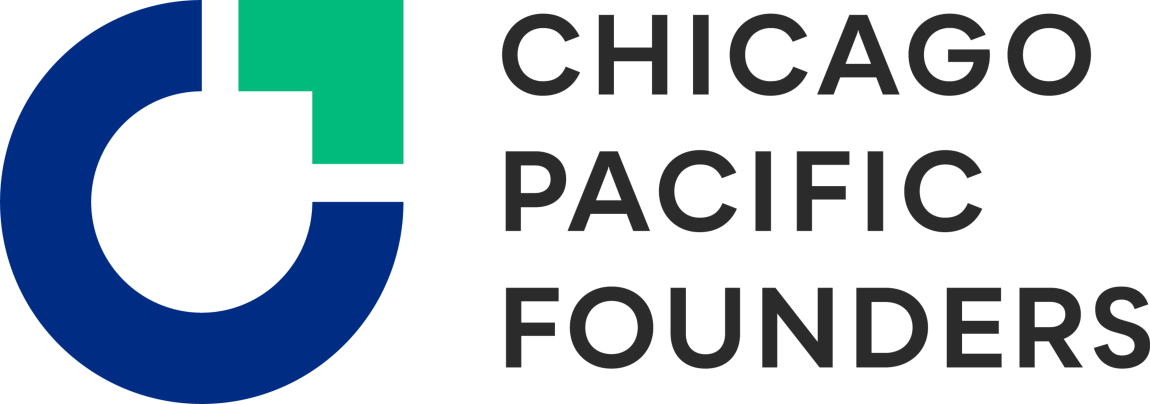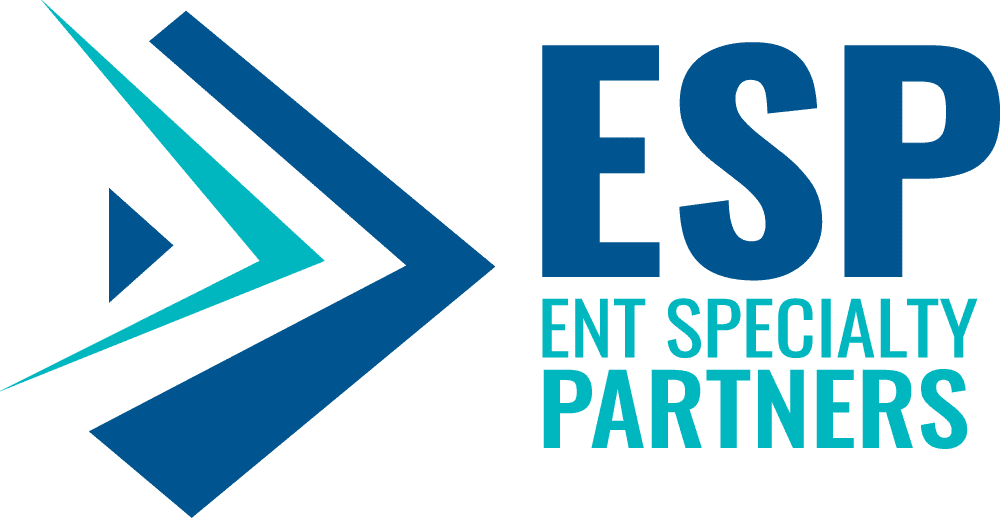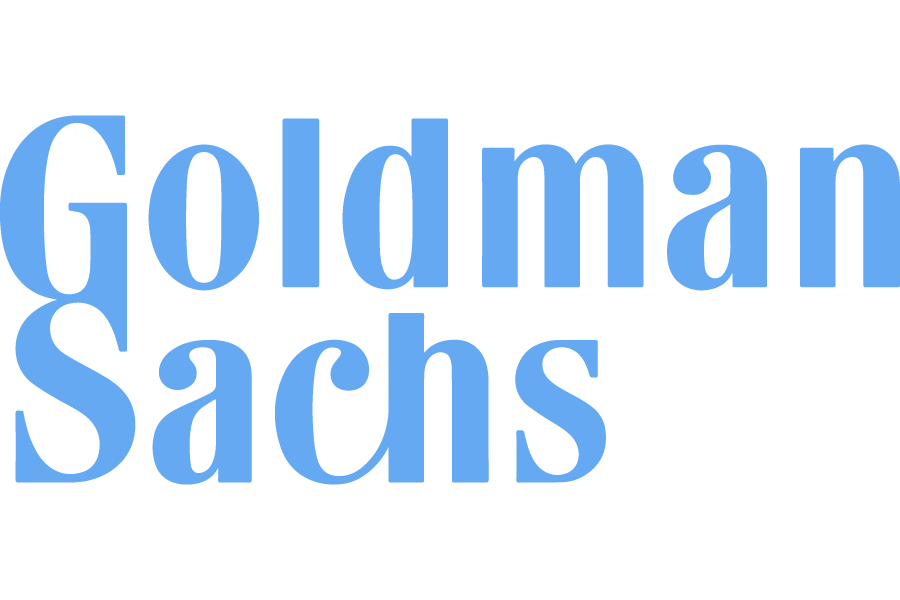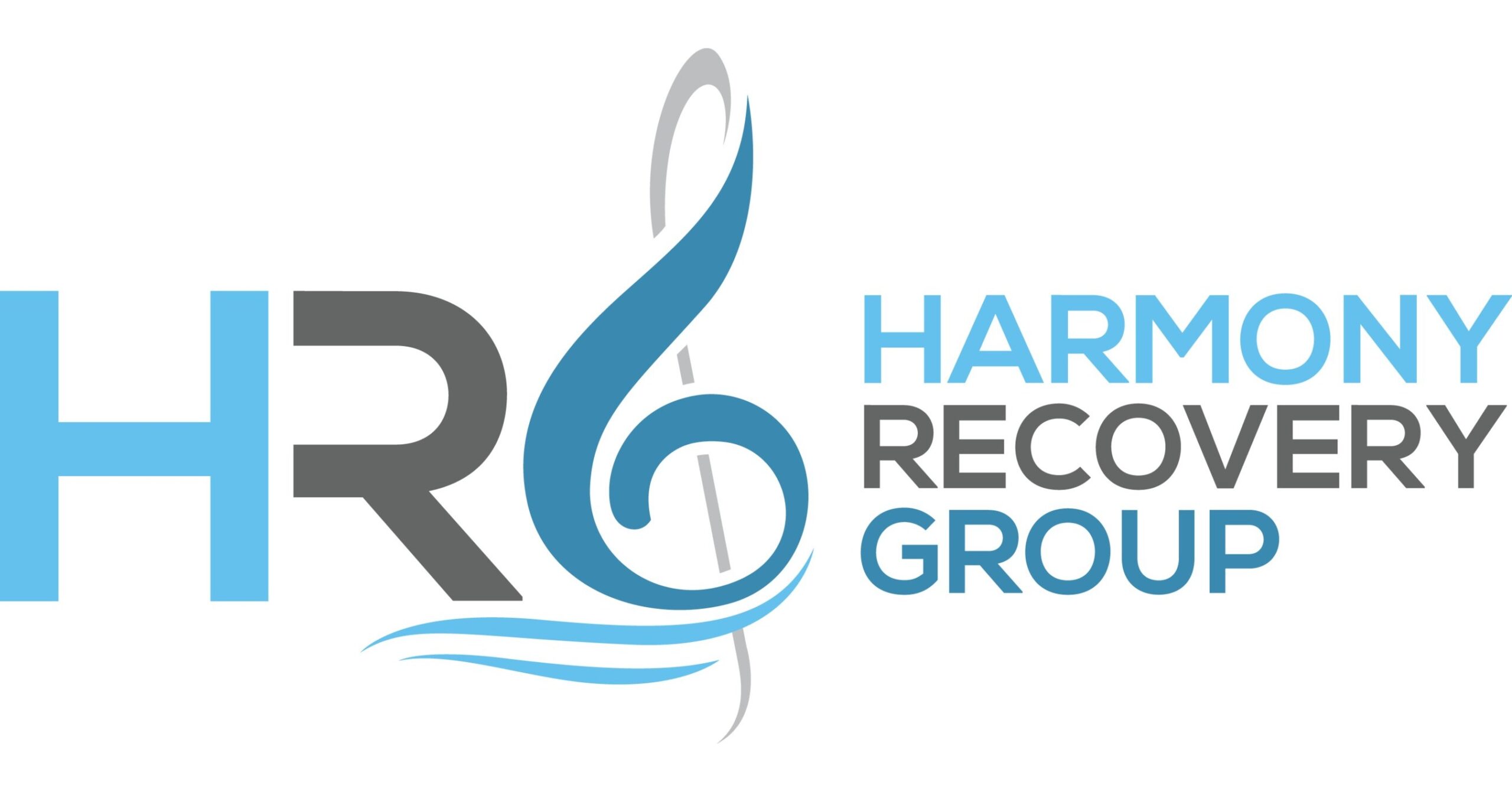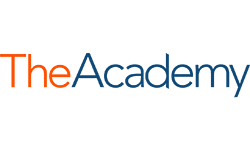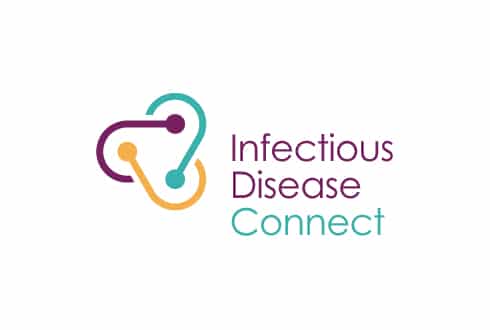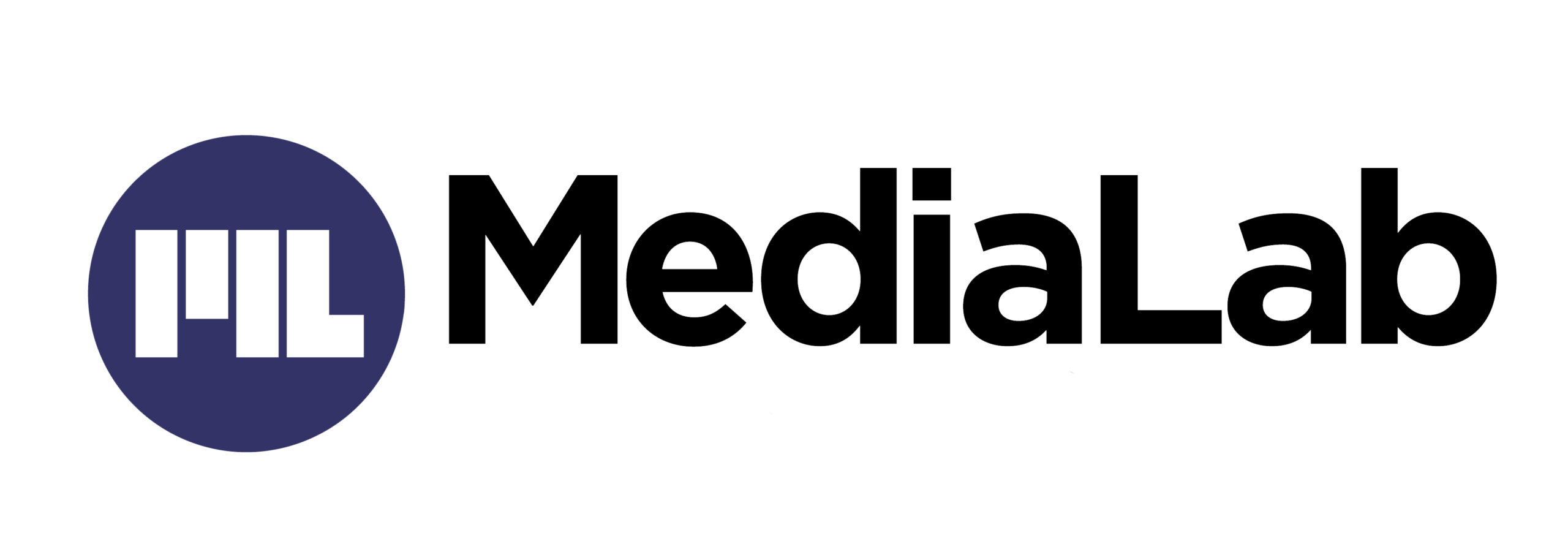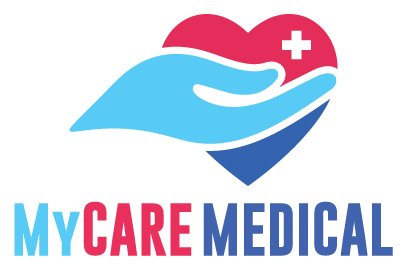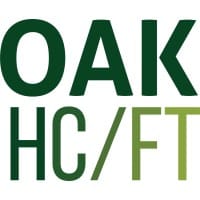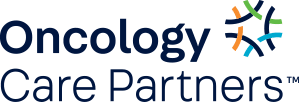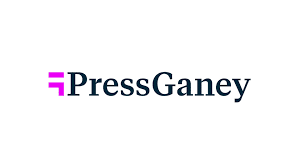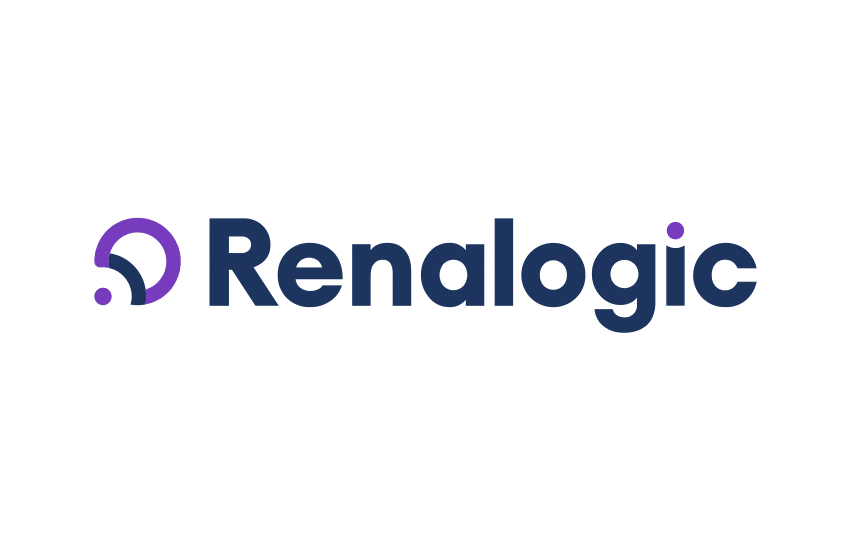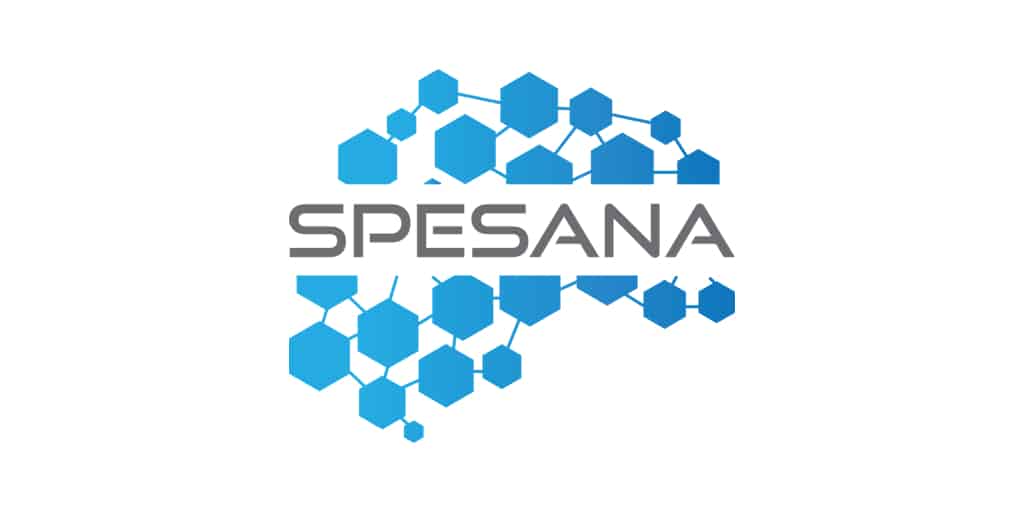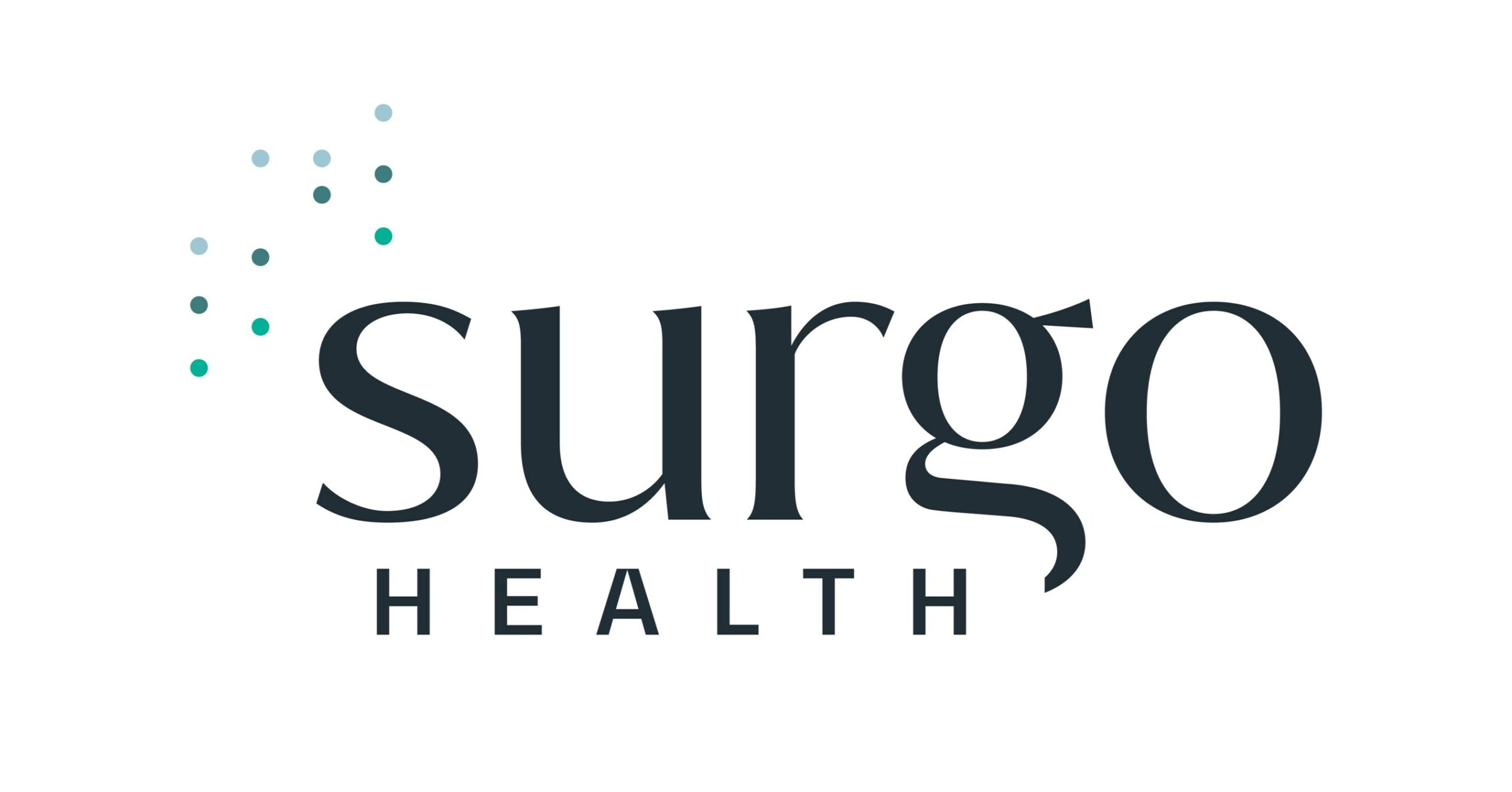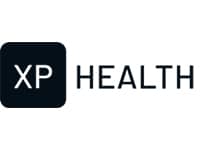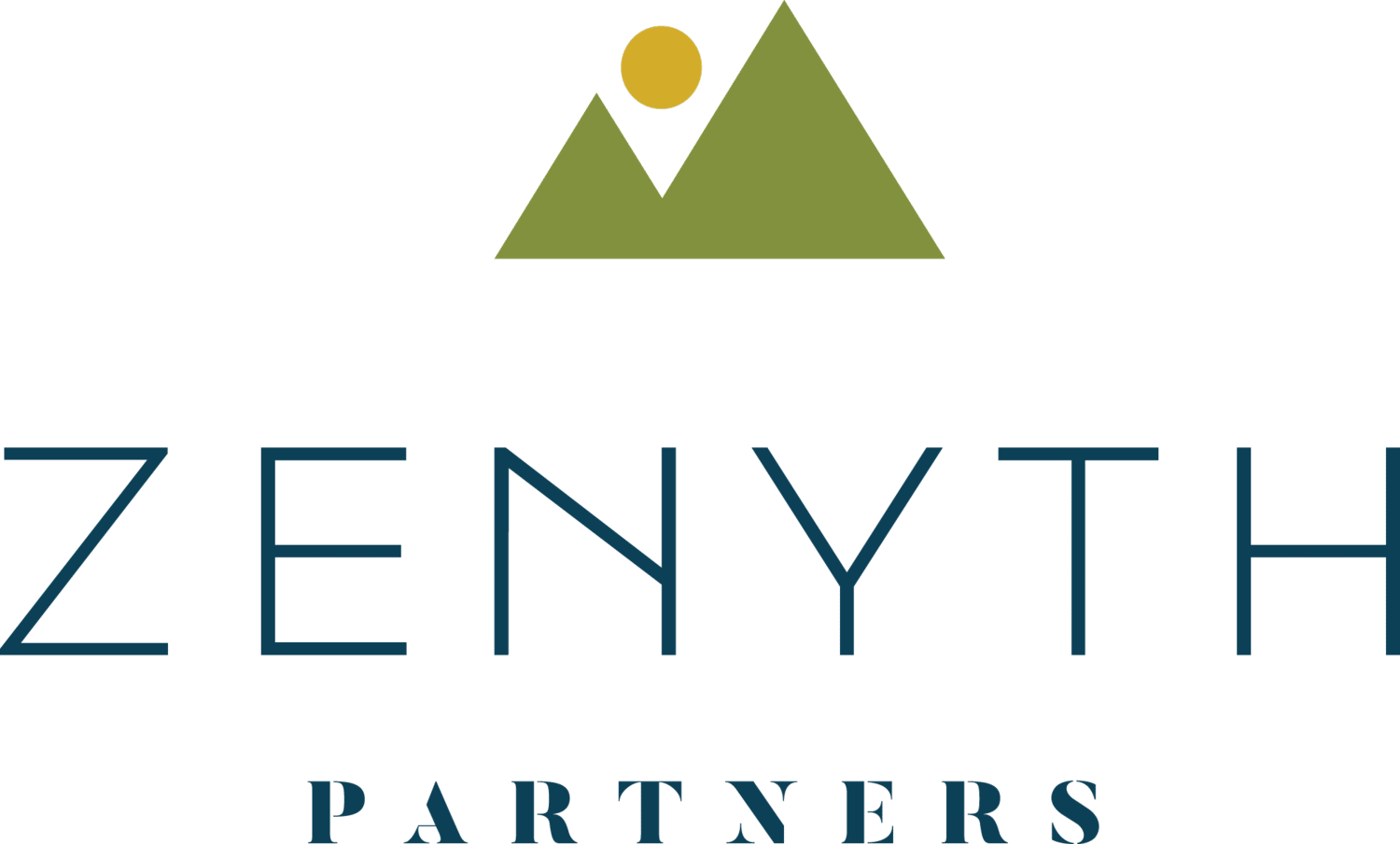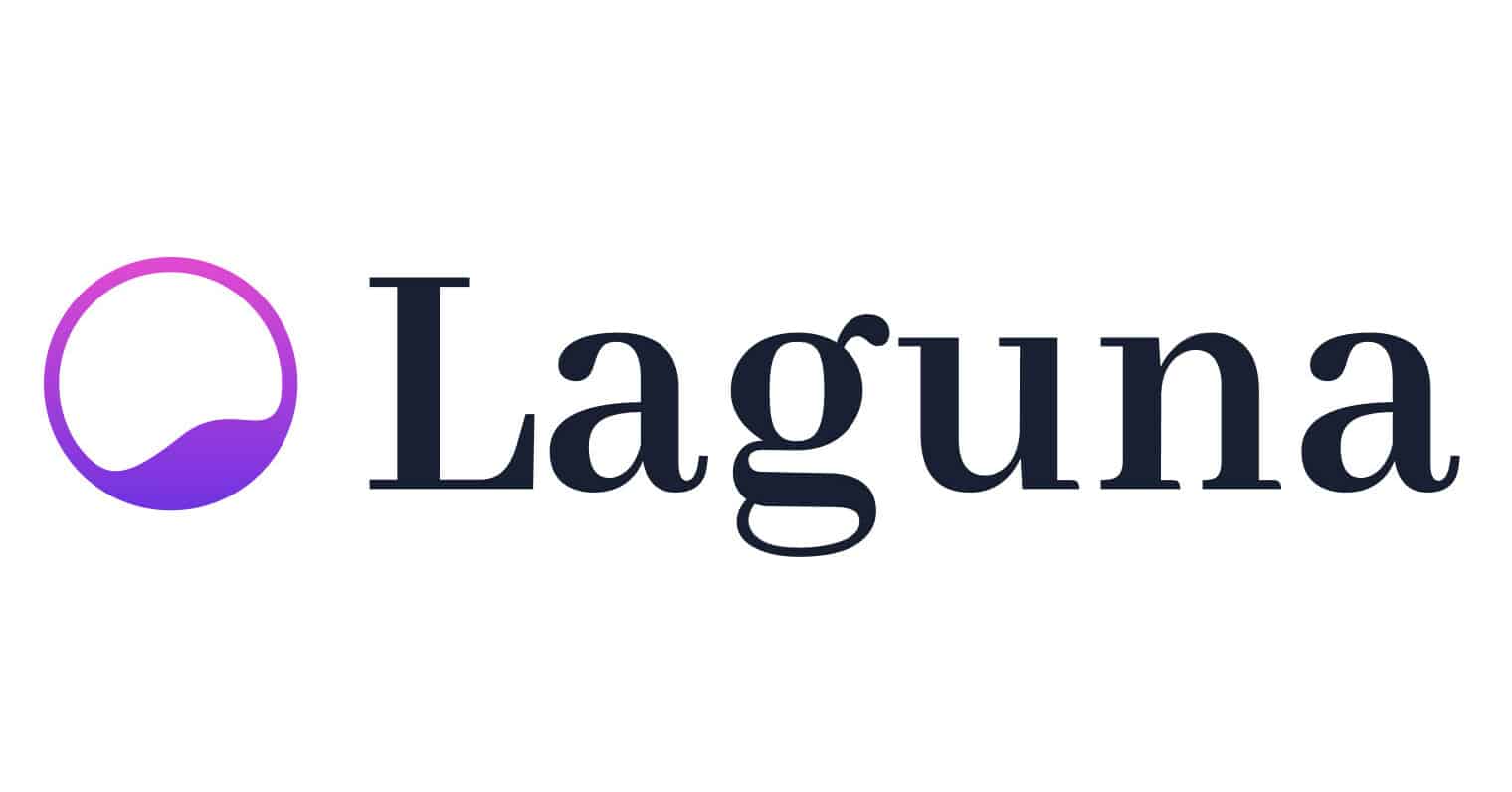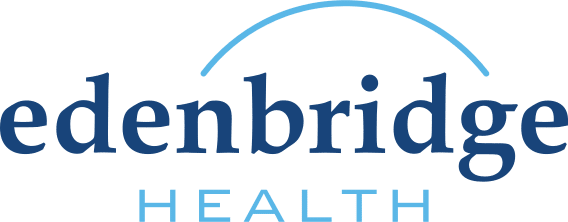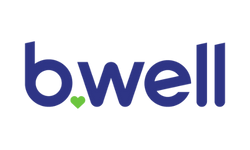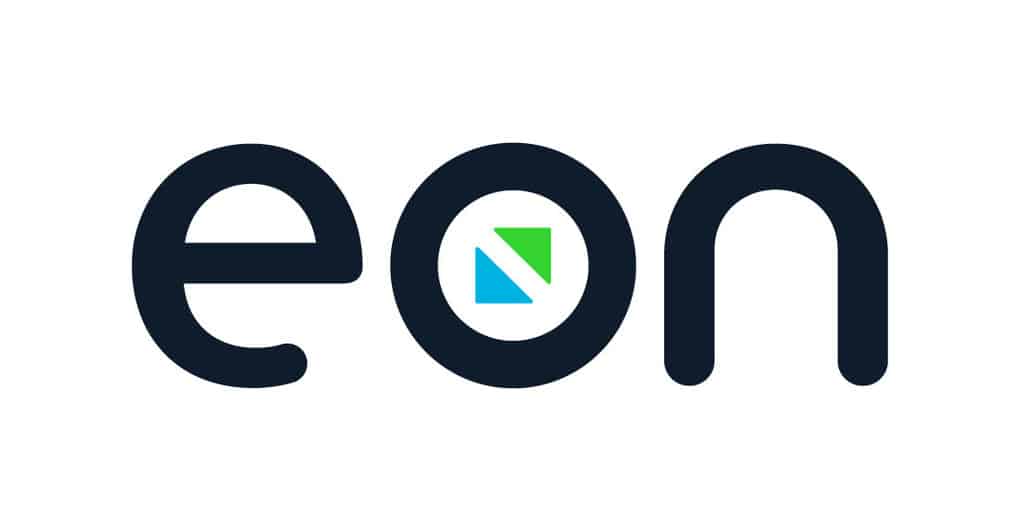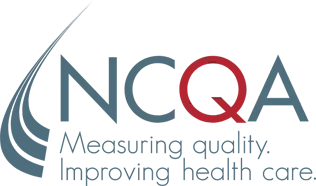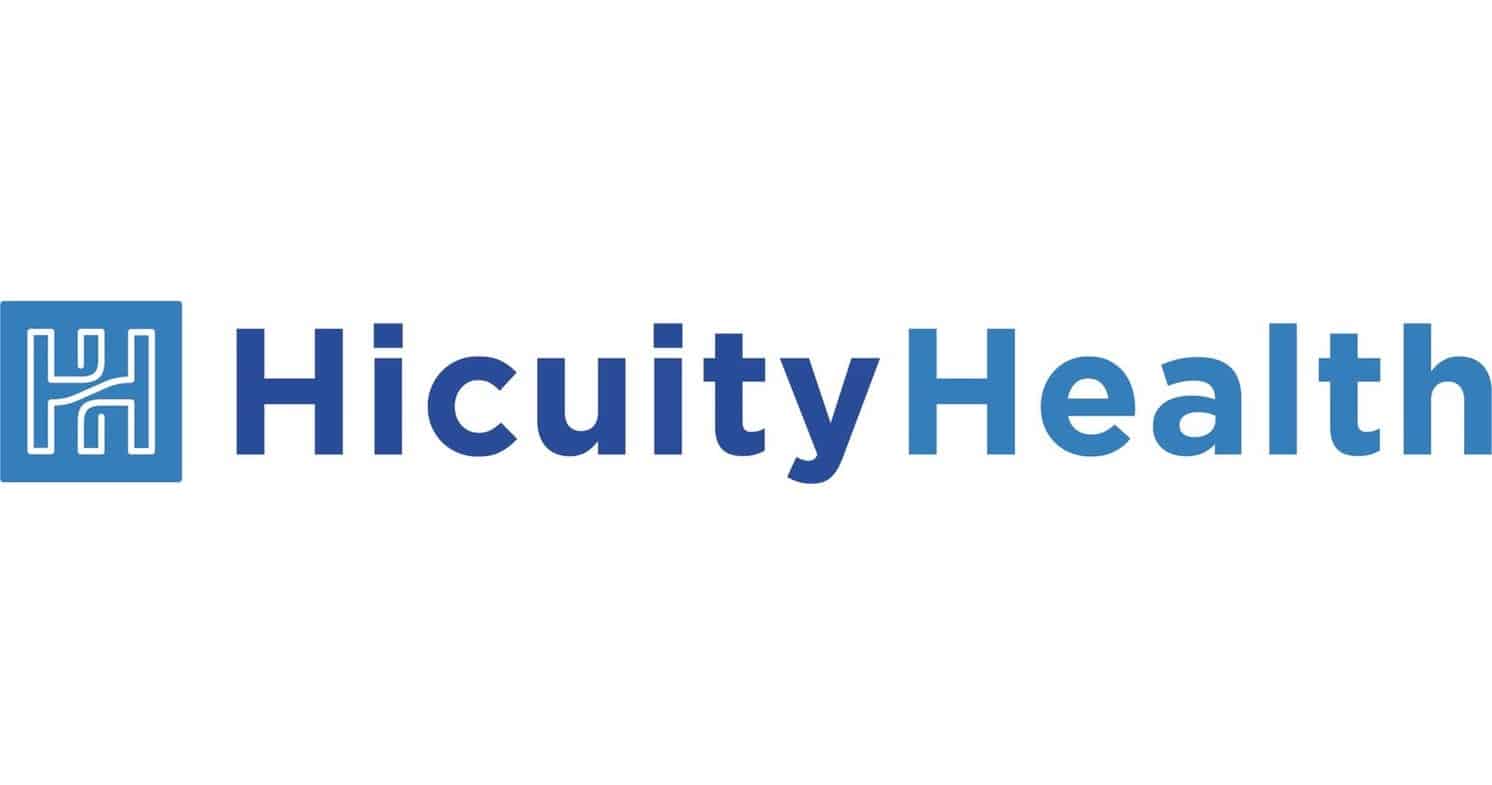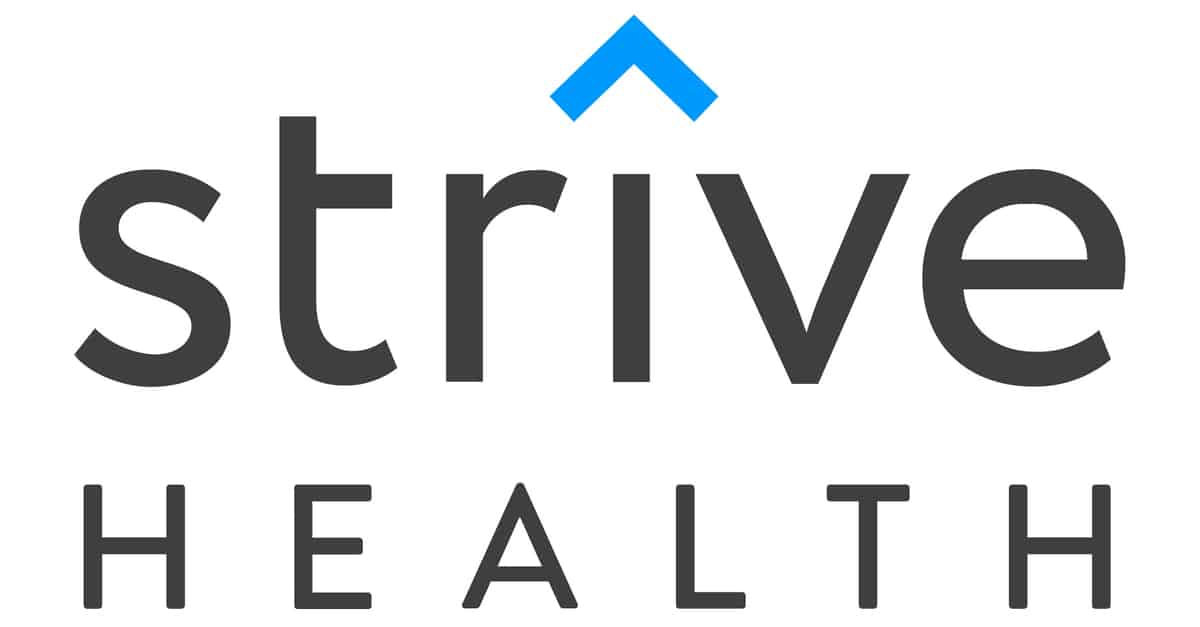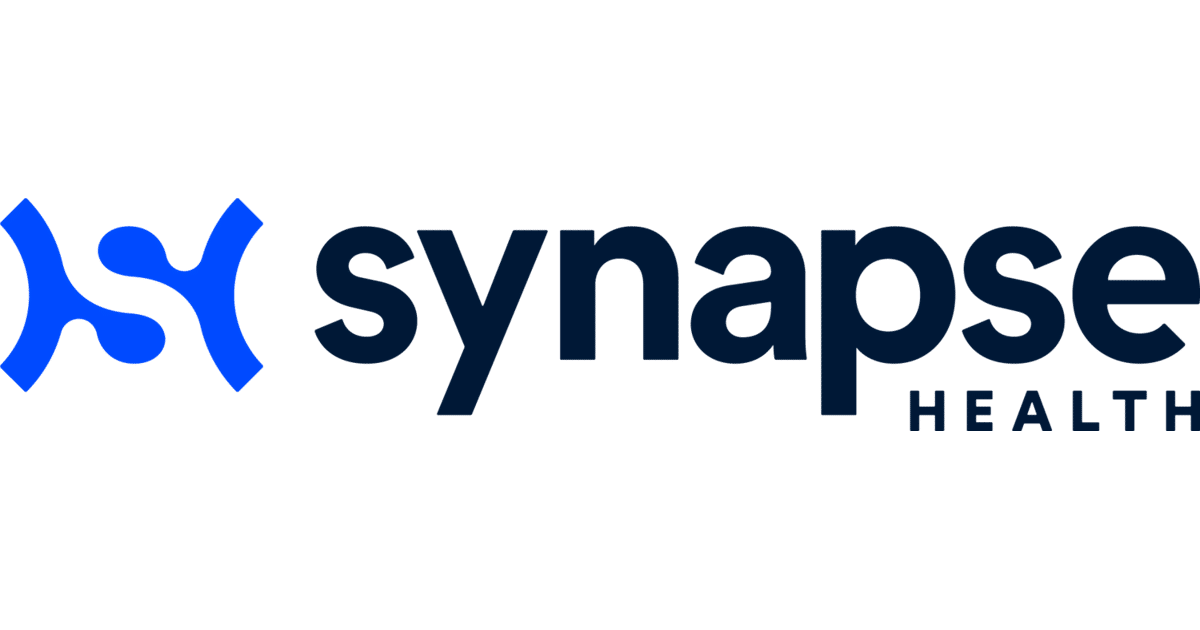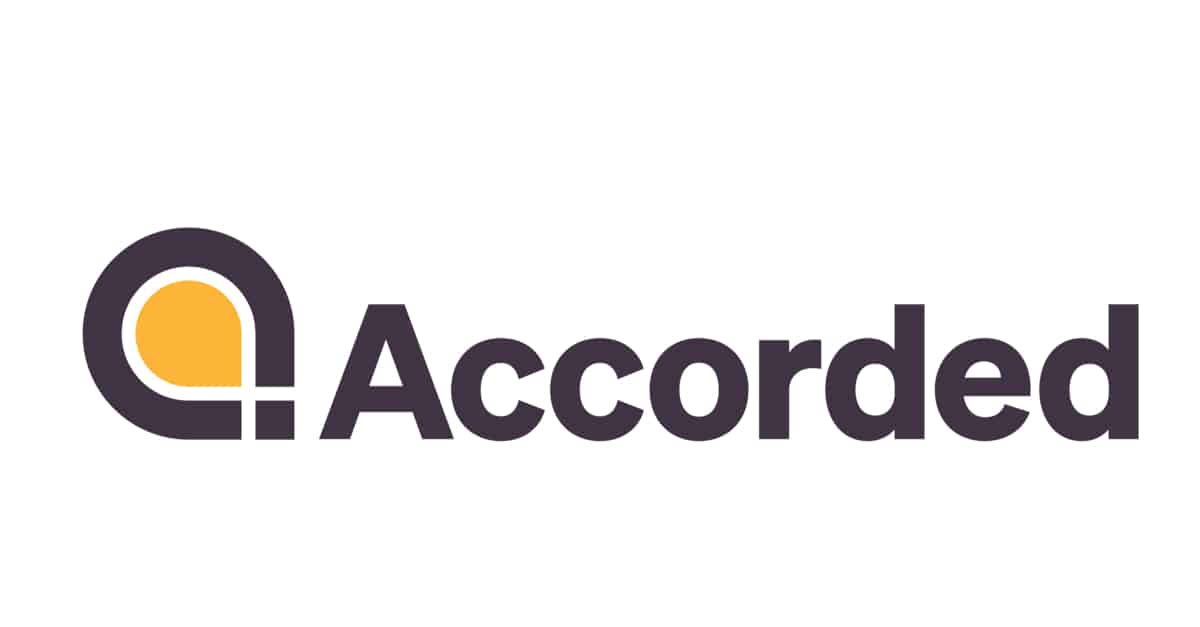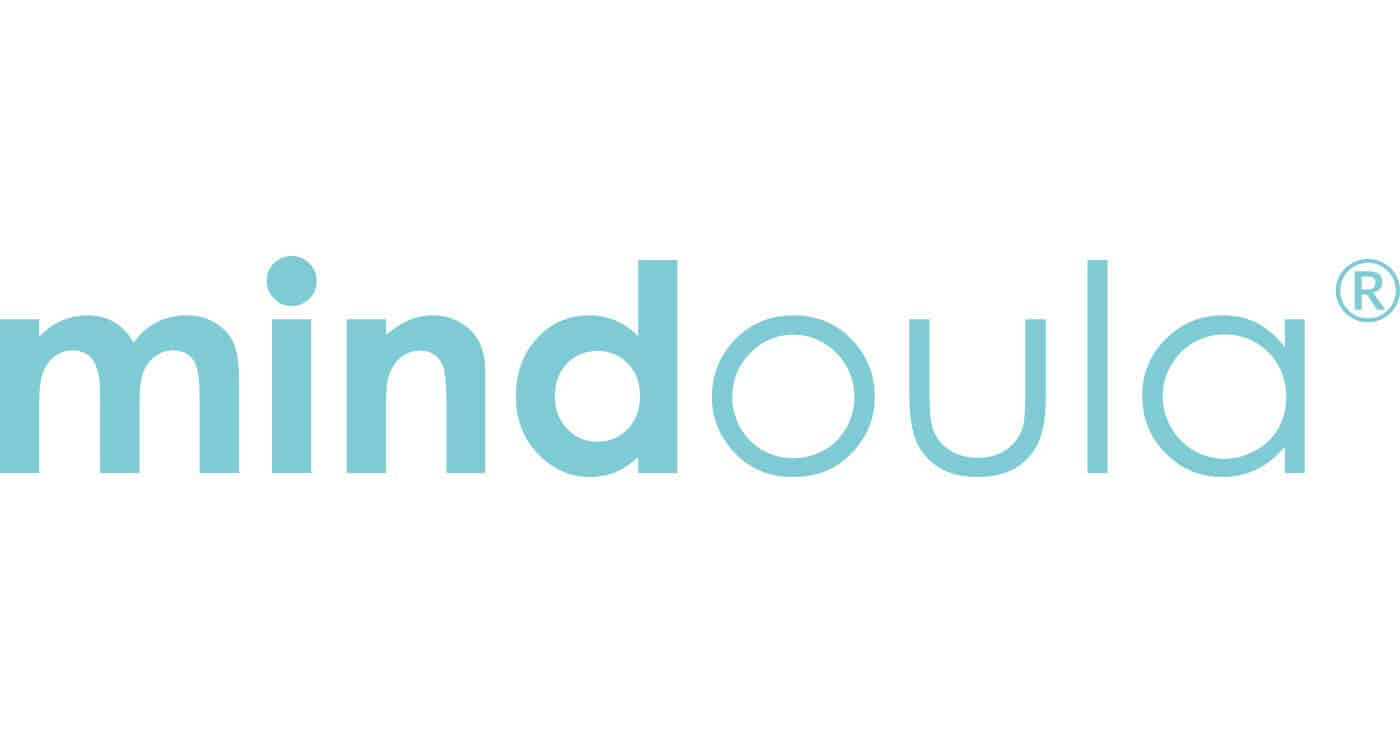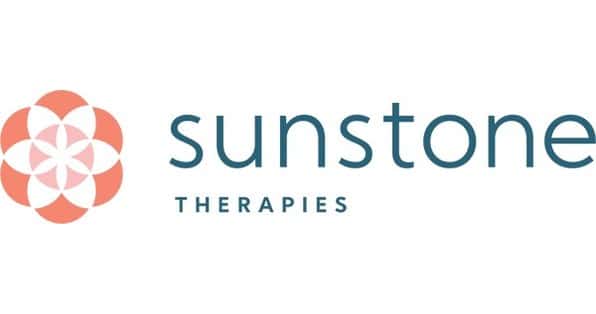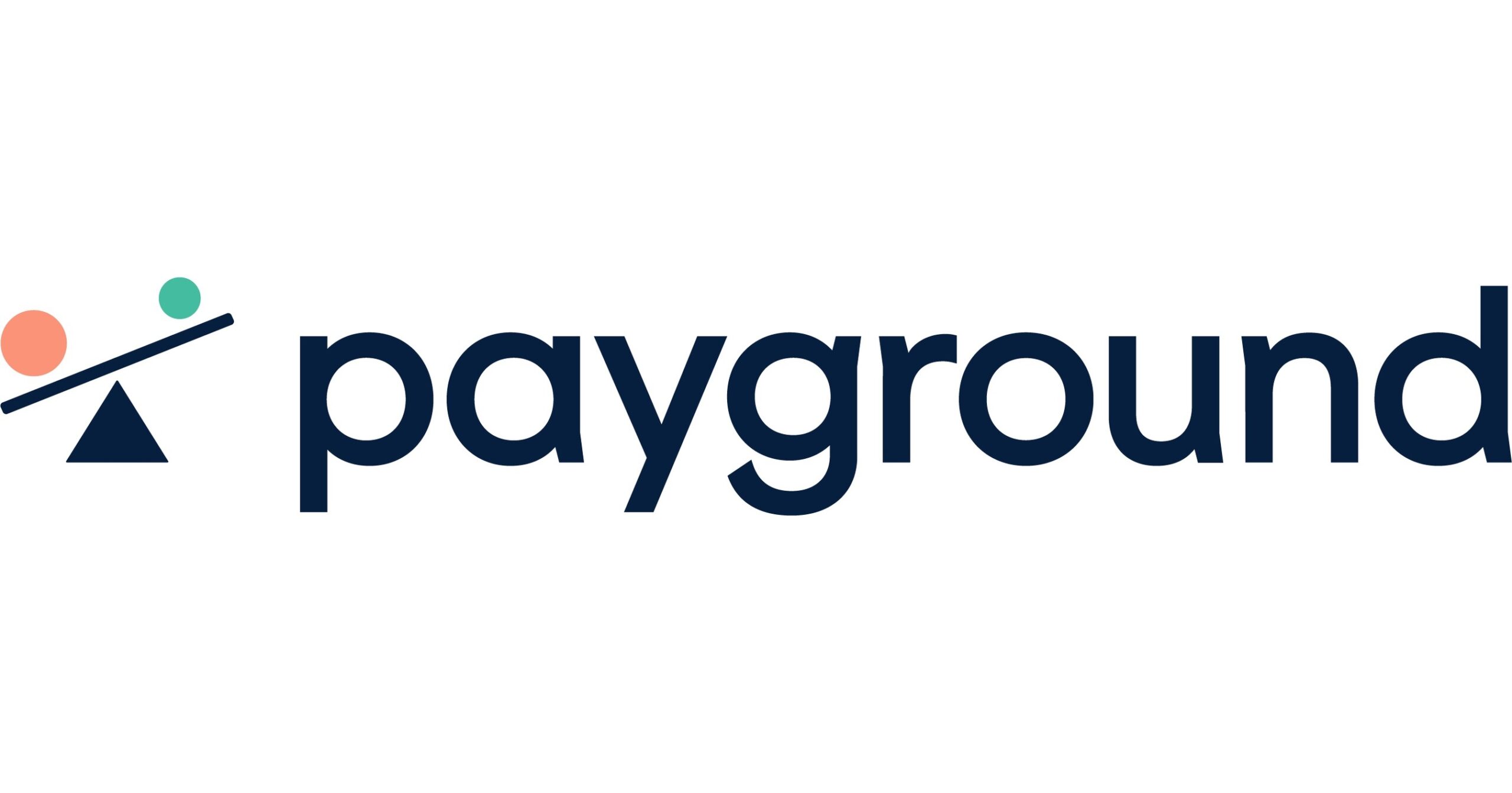Is “Chief AI Officer” The Next Step for Health Tech CTOs?
In the latest issue of our Chasm Conversations series, Kristy Lindquist, Co-Founder and Partner at Chasm Partners, sat down with Brad Fluegel, retired healthcare executive, serial board member and lecturer to share the lessons he’s learned — and is still learning — throughout his career.
Brad currently serves on the boards of directors of Premera Blue Cross, Performant, MJHS Health and Alight Solutions, among others. He is also a lecturer of 20 years at the University of Pennsylvania’s Wharton School of Business, where he teaches payer and provider strategy to healthcare management students. Brad retired in 2018 as Chief Healthcare Commercial Market Development Officer of Walgreens Boots Alliance where he was responsible for all commercial healthcare activities, including sales and contracting, biopharma relationships, retail clinics, clinical affairs, new service development and market planning. Before this, Brad built his career within healthcare strategy, leading companies such as Health Solutions Partners, Wellpoint, Aetna and Reden & Anders.
From construction work to board work, Brad offers leadership advice for CEOs, aspiring board members and healthcare leaders of tomorrow.
The Early Years
Kristy:
What was the first job you had, and what lessons did you take from that?
Brad:
I worked in construction during the summer in high school and my first two years in college. Summers in Spokane are hot, and we were all under the sun doing heavy physical labor. It was brutal work, but I learned a ton. The people I worked with were all living hard lives, and as much as I respect each one of them, being in that environment taught me that I didn’t want to live that life. Ultimately, it encouraged me to be incredibly diligent and leverage my education.
Kristy:
How did you get into healthcare?
Brad:
You know, people seem to always have a story about why they got into healthcare — like a childhood event or losing a parent — but that’s not what happened with me. I graduated with an accounting degree and went to work for one of the largest accounting firms as an auditor. What I didn’t know at the time was that much of their work involved healthcare. That firm audited most of the hospitals in the Northwest, so I worked on a lot of hospital audits and feasibility studies and I learned that I liked healthcare. So, it was totally serendipitous.
Kristy:
What did you do next?
Brad:
I went to grad school at the Kennedy School at Harvard, in their public policy program. I thought I might work in government, but I learned early on that there’s a big difference between policy and politics, and that I didn’t really like politics. From there, I went to work in the strategy group at Harvard Community Health Plan, now Point32Health, in Boston. I worked there for six years in strategy and product roles.
Lessons in Leadership
Kristy:
What were the most important influences on your leadership?
Brad:
When I left college, I thought I was on top of the world. I made good grades, I had a good job and I thought I knew a lot. What I quickly learned was when you enter the workplace and into an environment with smarter people, older people and much more experienced people, you don’t really know anything. It was a humbling and powerful experience for me, and I learned that you can’t judge what people are doing from the outside if you don’t understand the context of what each person is facing. That’s a lesson that has greatly influenced my leadership style.
I also had two mentors in my career, Ellen Offner and Ron Williams who both taught me a lot. Ellen was my first boss at my first professional job, and she unfortunately just recently passed away. She taught me how to operate in a corporate environment — to be a professional, to write better and to think strategically. I worked for her for five or six years and credit her for launching me into my career. Ron Williams was the CEO of Aetna when I was there. He taught me all sorts of things, but much of it was around discipline and developing operating processes for getting things done in big companies.
Kristy:
How would you describe your leadership style?
Brad:
I find that it’s often easier for other people to tell you what your leadership style is because what you think and how you are perceived are not always the same thing. I’ve been told I’m not a micromanager; I like to help people set a path and then trust them to get the job done. I’ve also always treated my employees as people first and employees second. There have been several experiences when someone would come to me about an opportunity they have outside of the company and if I think it’s a bad idea, I’ll tell them. If I think it’s a great opportunity, I encourage them to go do it. These situations obviously aren’t great for me personally, but I think people have always respected that, and it’s helped me to maintain many of the relationships I’ve made over the years.
The Highs and Lows of Career Transitions
Kristy:
You’ve had several transitions in your career. What lessons have you learned?
Brad:
I have always been open to things that I thought were interesting, which is what led me to many of my transitions. Each one has taught me something, one of the most important being to always be a student. I make a point to stay educated and keep my eyes and ears open on what’s happening within the industry, and advise others to do the same.
"Always be a student."
I have also learned the value of meeting people where they are, regardless of seniority level. In every role, especially during the first 90 days, I make a point to have 1:1 meetings in their office because I want to show them respect, even if I may have a more senior title. I want to show them that I’m there to help, not to cause trouble.
Kristy:
What advice would you give to someone who may be transitioning out of a firm?
Brad:
Well, I’ve had some rocky ones. I don’t think you’ve ever fully arrived in your career until you’ve been sued for a transition. In retrospect, I could see situations that I should’ve handled differently, but ultimately it’s taught me a lot. I think the most important thing is to try and leave the organization in as good a shape as you can so that people aren’t left in the lurch. In my last role, I spent almost a year transitioning into retirement which gave time to position others to take over parts of my responsibilities and allowed me to transition respectfully.
At the end of the day, I have always tried to stay connected to the people I was working with, because even if things didn’t end the way I wanted them to, I can still maintain that relationship at a personal level.
On Board with Board Work
Kristy:
You have a high volume of board work. What do you like most about it, and what advice would you give to someone who wants to join a board?
Brad:
Joining a board presents a whole new level of opportunities. If an opportunity to join comes along, you should pursue it because once you’re on one, more tend to come as a result. While I was at Walgreens, I was on a couple of boards and they were very encouraging about it. I’ve been on the board for a nonprofit health system, a small public company, health insurance companies, technology companies and companies in the pharmacy supply chain.
I enjoy being on boards because you get to see so many aspects of the industry, and in many cases, especially on smaller boards, I get to be around younger leaders who aren’t as jaded as the rest of us about how hard things are to change in healthcare. They have a lot of enthusiasm and respect and are willing to listen, and I find that to be very rewarding. It gives me hope in the next generation of leaders that they will get us to a better spot.
Kristy:
How is leading on a board different from leading a company?
Brad:
It’s tricky. When I was in management, I worked closely with board members so I had formed opinions about who was a good board member and who wasn’t. On the other hand, I find that it’s hard for people, especially those who had operating roles and are now on the board, to realize that you don’t run the company. You’re there to provide advice, governance and oversight, they are the ones in charge of running the company.
Kristy:
Do you have any advice for healthcare CEOs when it comes to communicating with their board?
Brad:
I have two main pieces of advice. First, not everyone on the board is going to come from healthcare, so take the time to explain things as clearly as possible so that everyone understands. Second, you’re living your business every day — your board is not. Between quarterly meetings and interim calls, it can be challenging for board members to pick up where you left off, so take the time to bring the board along in the journey and show them your thought process. Otherwise, you’ll have a confused board, which turns into a nightmare for the management team.
Teaching Future Leaders
Kristy:
You've been lecturing at Wharton for over 20 years. What has been your experience there?
Brad:
When I was younger, I had this aspiration to be a professor. Then, later in life, one of my mentors was teaching an MBA course at Wharton, and I came to speak at a few of his classes before he retired. After he left, they asked me to take over his class and the rest is history. The experience has been so rewarding. I get to teach anywhere from 20 to 60 healthcare management students a year about payer and provider strategy, but they teach me a lot, too. They’re young and have fresh perspectives so they question why things are the way they are which really makes me think but also requires me to stay fresh in the industry.
Kristy:
What changes have you noticed in the younger generation?
Brad:
I’ve noticed a large shift in their career paths. When I first started doing this, you had your bankers and your consultants, which you still do, but people wanted to go into pharma and become brand managers. Now, almost no one wants to go into pharma or life sciences companies. I’ve noticed more interest in early-stage companies, and quite a few students who want to work for private equity or venture capital firms, which is much different than it used to be. This past spring semester, 20% of the 54 students we had were working on a side hustle; they want to be in startups, and none of that was happening 20 years ago. I truly believe the innovation that is happening within the industry has captured the hearts and minds of students today.
What Keeps You Up at Night?
Kristy:
When you think about our healthcare system, what really keeps you up at night?
Brad:
When people ask me this question, I always say, “Left field for the Yankees.” I'm a Yankee fan, and we need a left fielder. So that's what keeps me up at night.
On the healthcare side, it's that we're not making progress fast enough. Or even sometimes it feels we're not making progress at all even with all the great minds and money and compassion that people have for trying to make the system better.
Now there are pockets of great stuff like pharmacy innovation, vaccines and focused care management programs for certain kinds of diseases. But from a macro perspective when you experience being sick in a hospital and having professionals who care about you, but don’t have the time to explain it to you, or don’t want to talk about end-of-life issues because they’re uncomfortable with that, that leaves people totally lost and confused. That’s what I worry about at night — that we’re not making progress fast enough for the people that need it.
"I just want to help make things better for people. That's what we're all in the industry for, after all."
About Chasm Partners
Chasm Partners is a retained executive search firm and talent development organization exclusively focused on the healthcare technology, healthcare services and Life Sciences industries. It is our goal to disrupt healthcare by effectively leveraging the right people who can make a difference. In doing so, we strive to impact healthcare for current and future generations through the clients that we serve and the candidates we place.
Whether you’re a growing healthcare company, or a leader looking to be a part of one, we want to hear from you. To learn more about Chasm Partners’ Executive Search or Team Build-Out services, or to be connected with one of our Recruiters, please contact us.
OUR CONTRIBUTORS
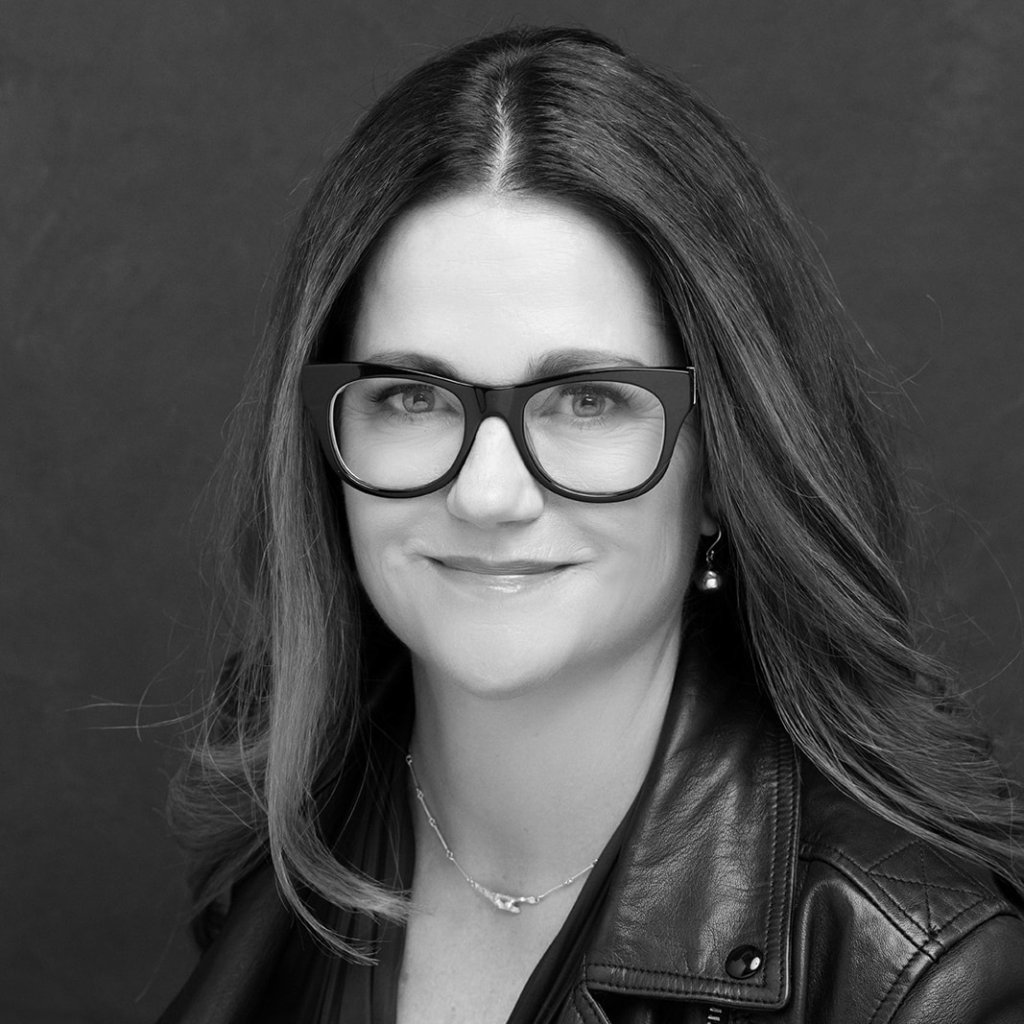
KRISTY LINDQUIST
As Co-Founder of Chasm Partners, Kristy oversees both the ChasmSearch and ChasmLead services. In her role, Kristy works regularly with Investors, Founders, and CEOs to achieve their business goals through executive talent acquisition and development. Prior to her eight years at Chasm Partners, Kristy brings over 20 years of experience in leadership, development and turnarounds. She has a passion for experiences and seeks to know each client’s story as it relates to their passions and journey.
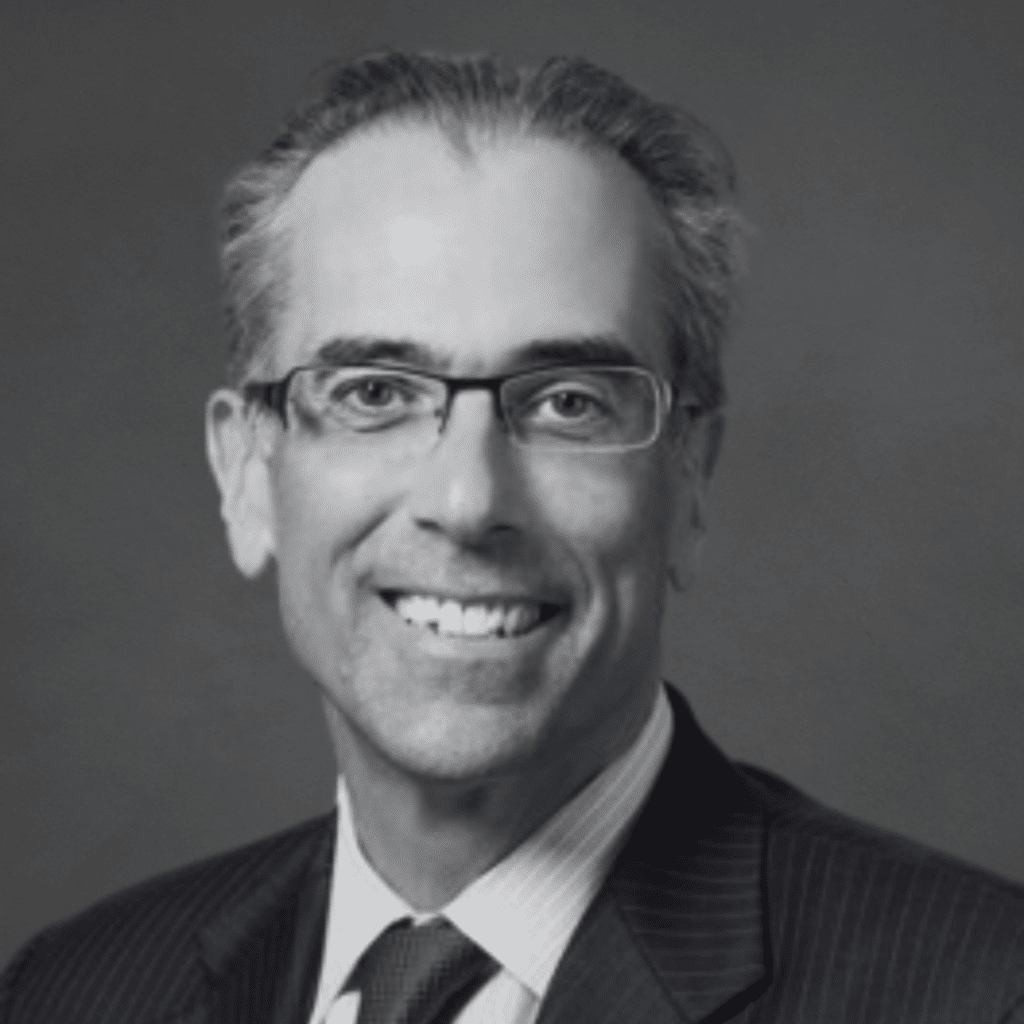
BRAD FLUEGEL
Brad has built his career within healthcare strategy, leading companies such as Health Solutions Partners, Wellpoint, Aetena, Reden & Anders, and most recently Walgreens Boots Alliance, where he retired in 2018.
Brad currently serves on the boards of directors of Premera Blue Cross, Performant, MJHS Health and Alight Solutions, among others. He is also a lecturer of 20 years at the University of Pennsylvania’s Wharton School of Business, where he teaches payer and provider strategy to healthcare management students.



